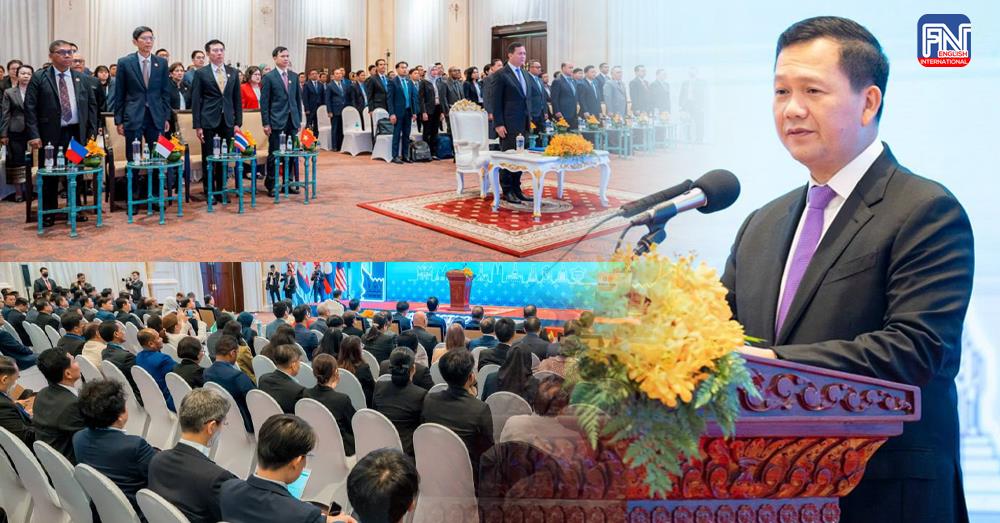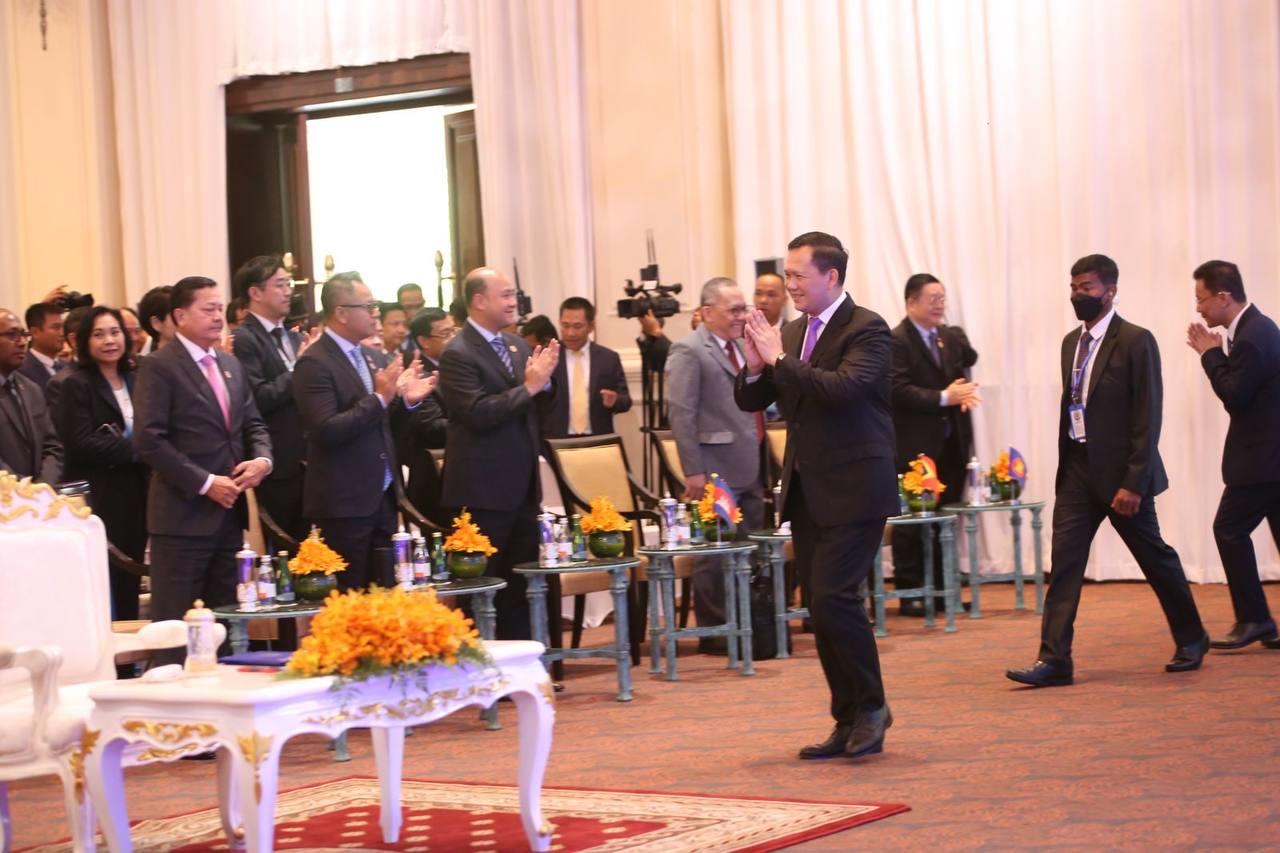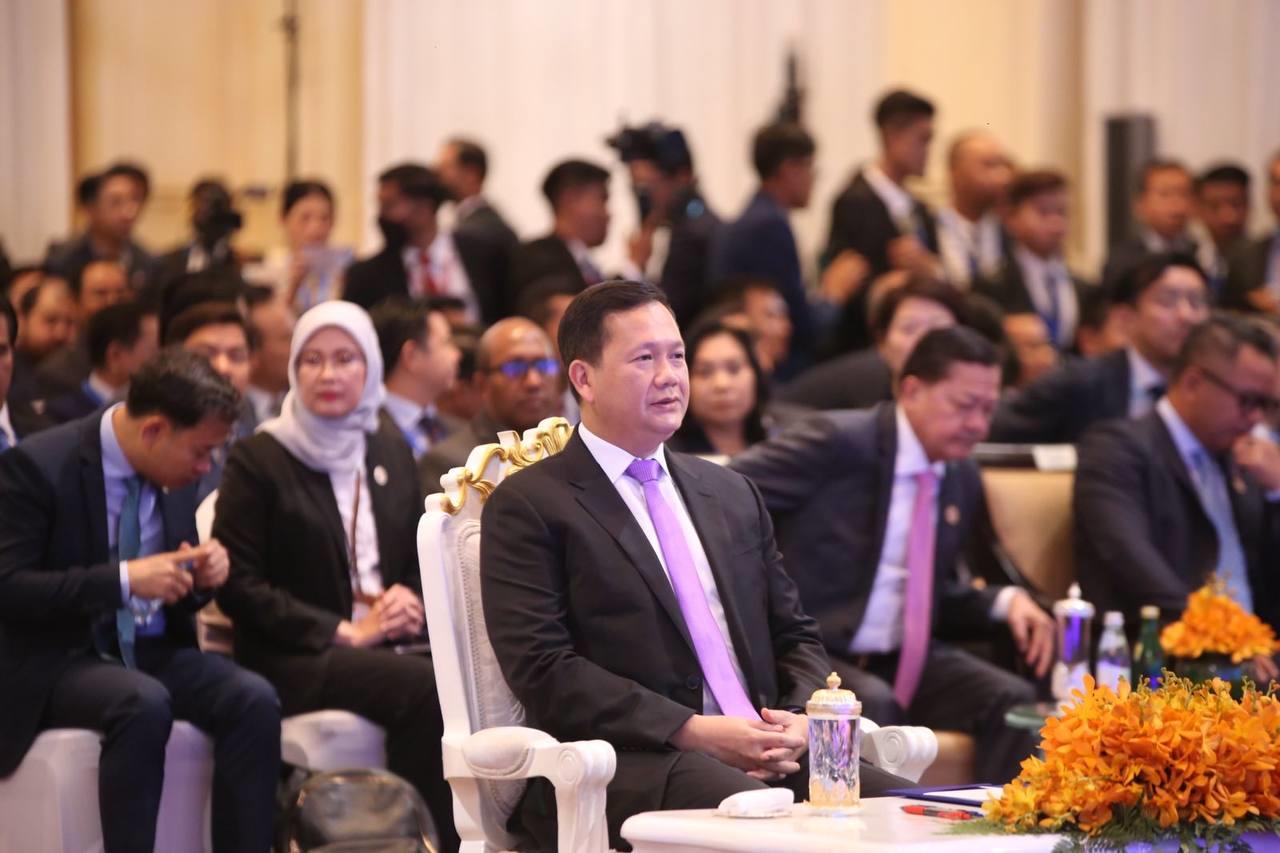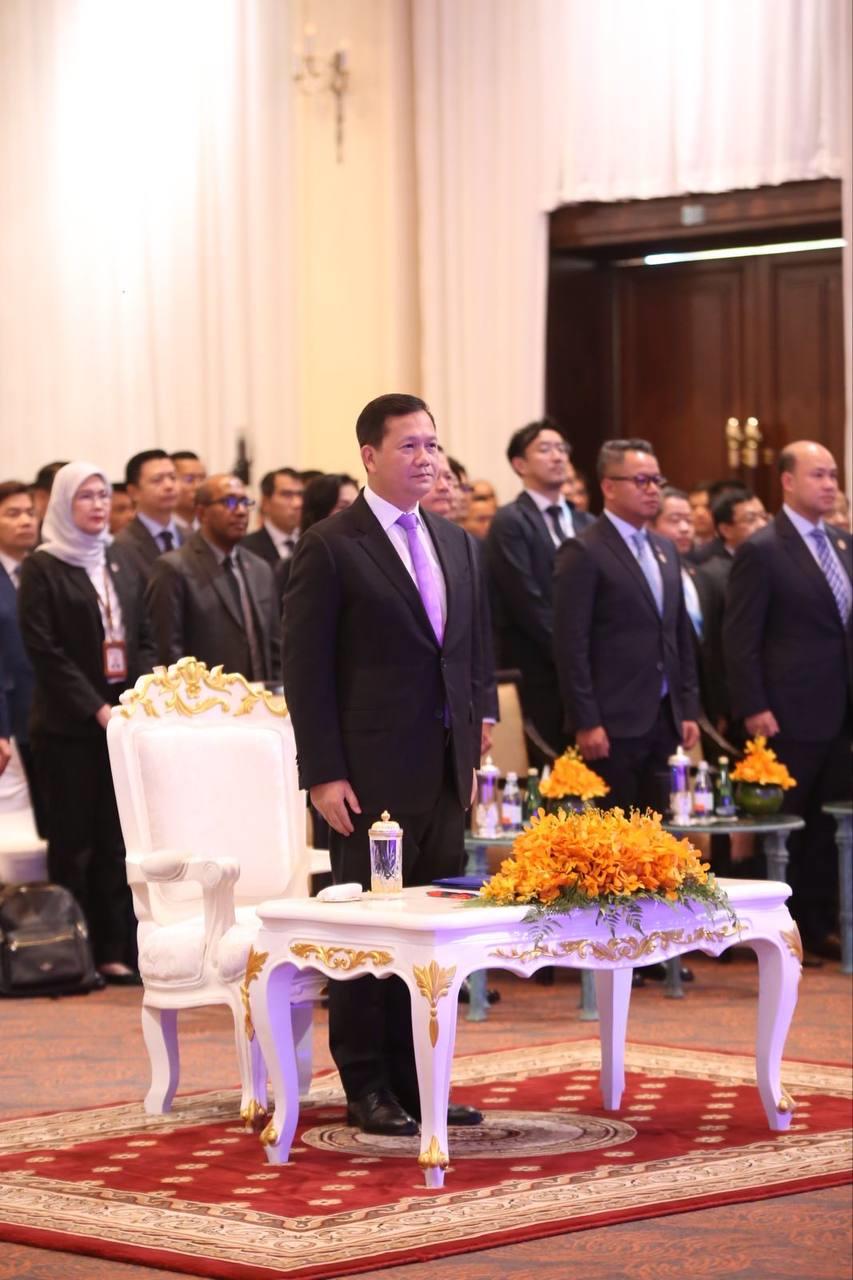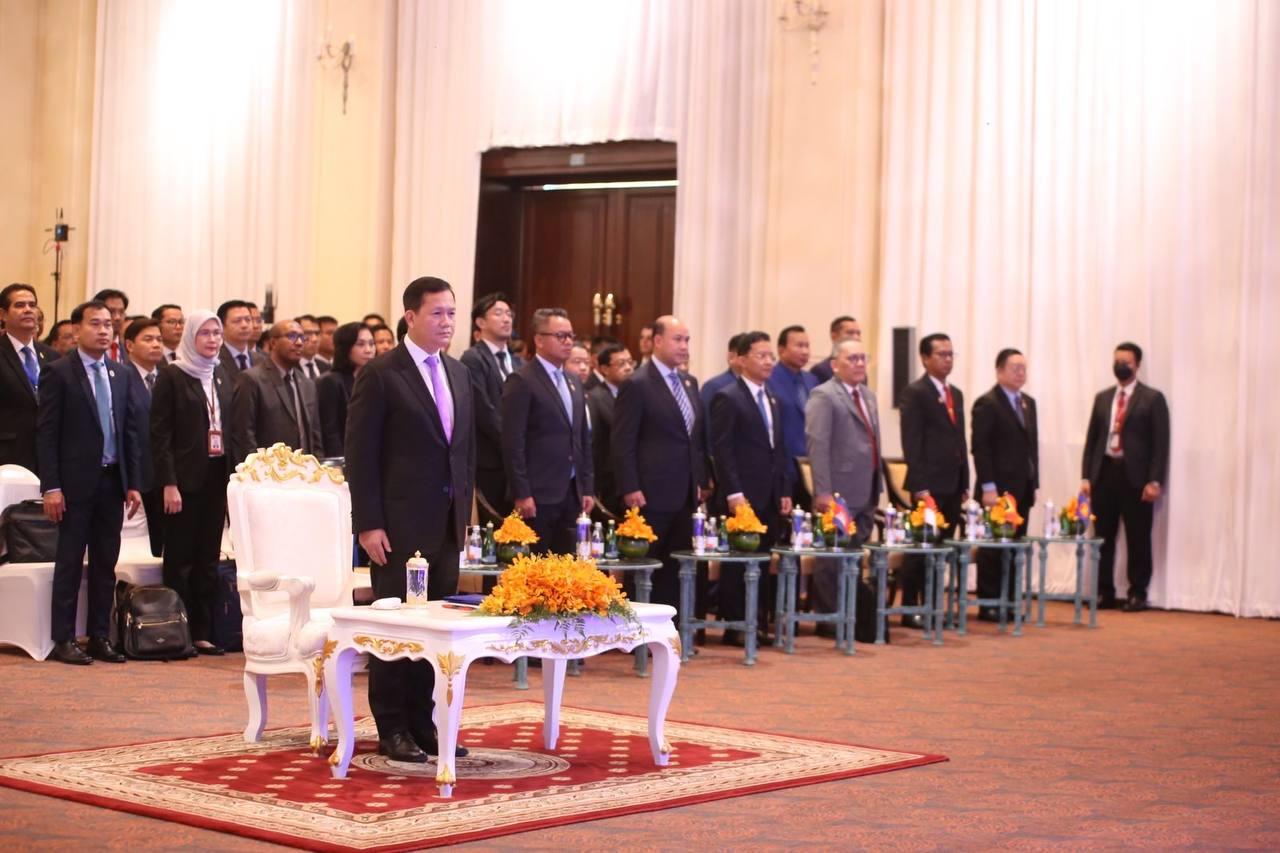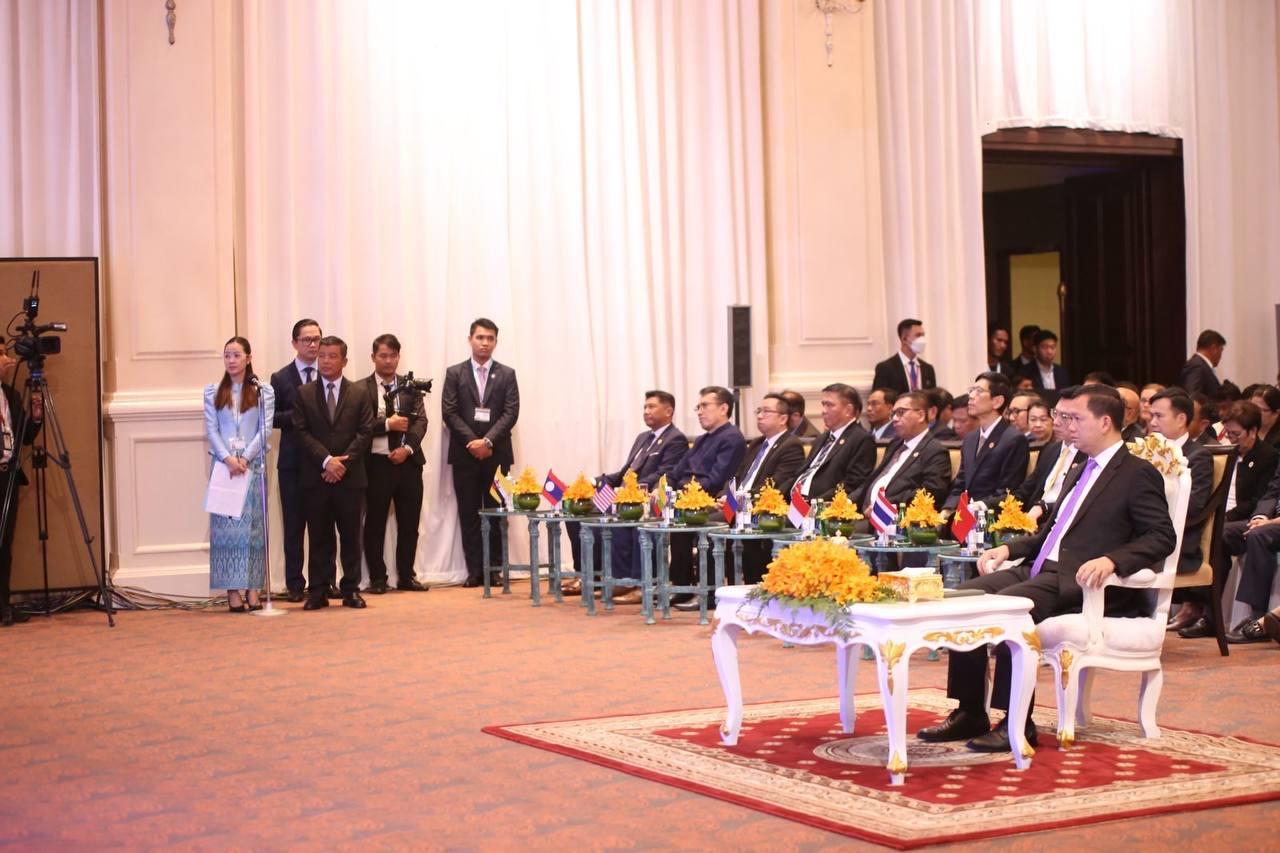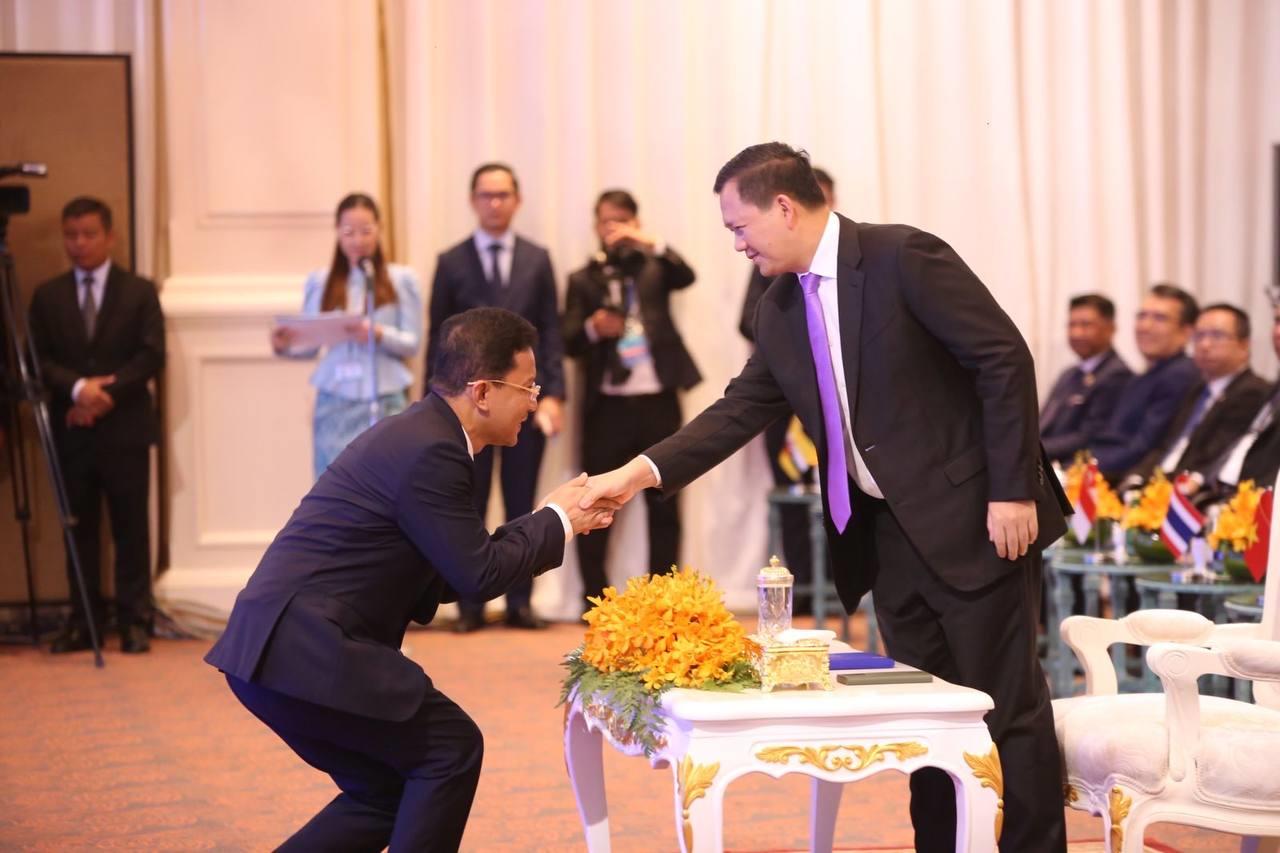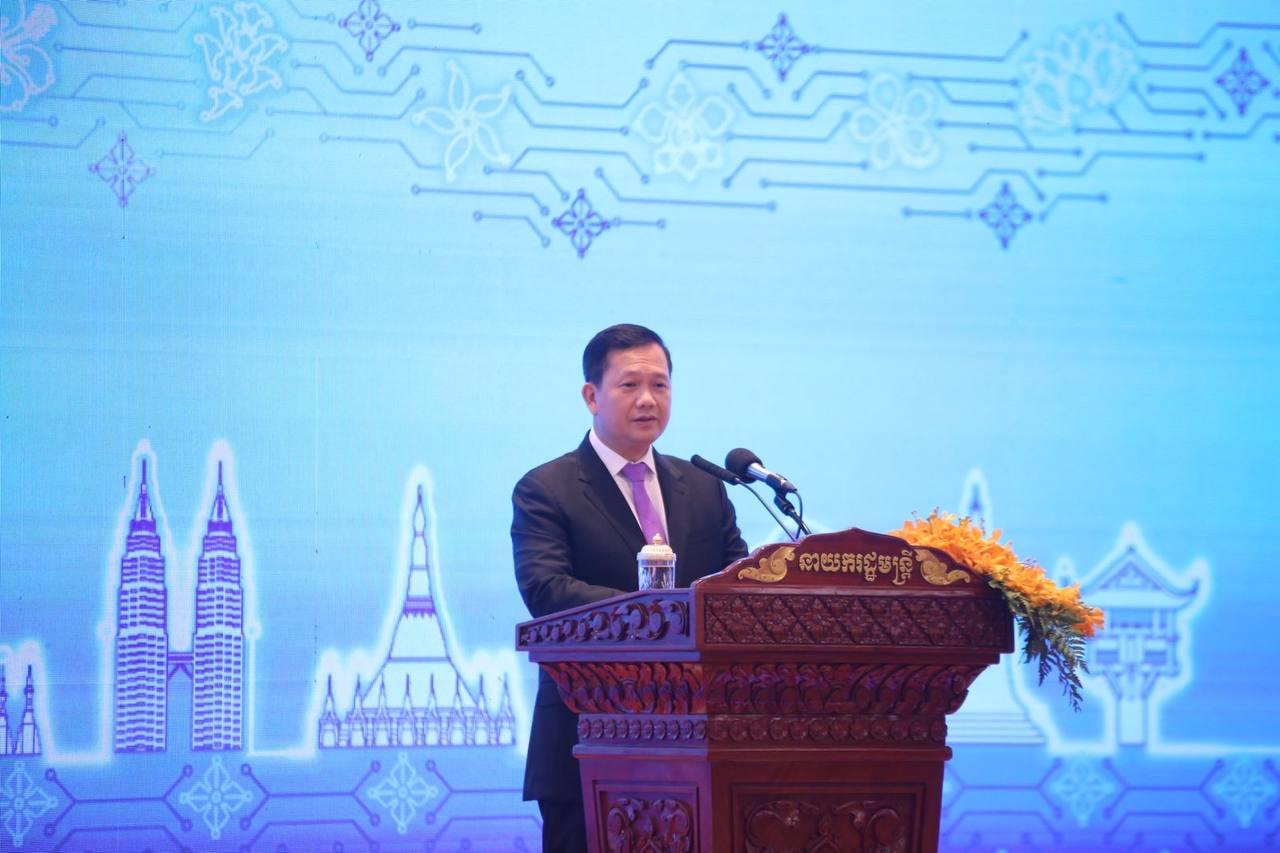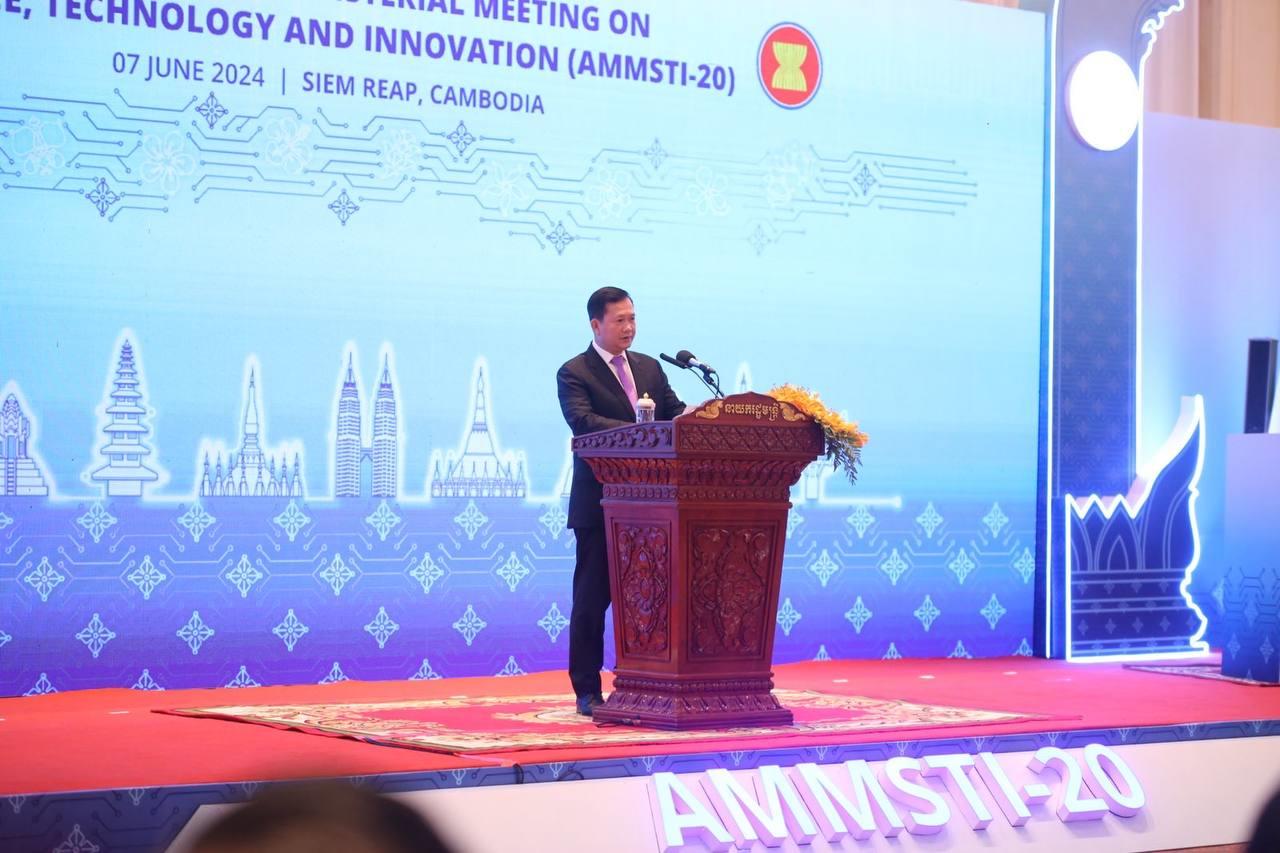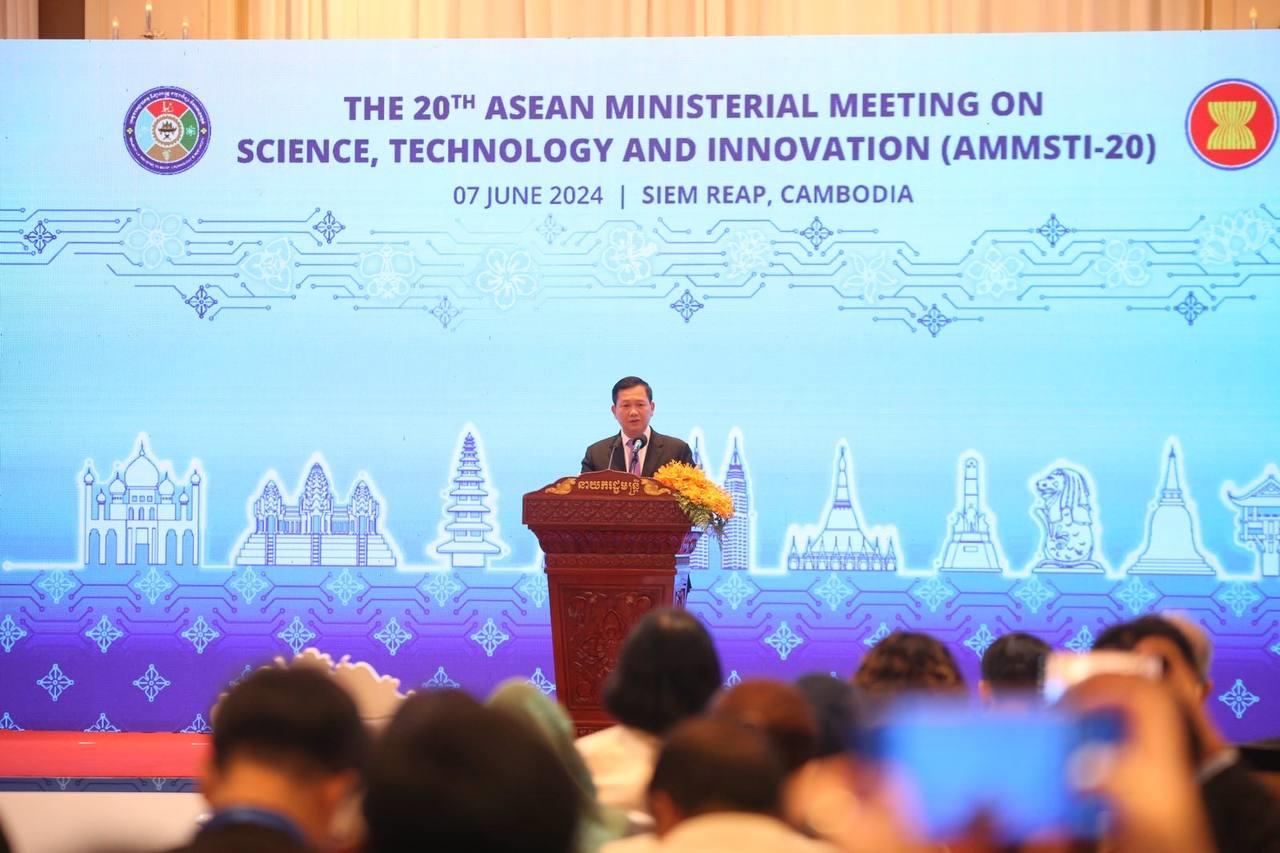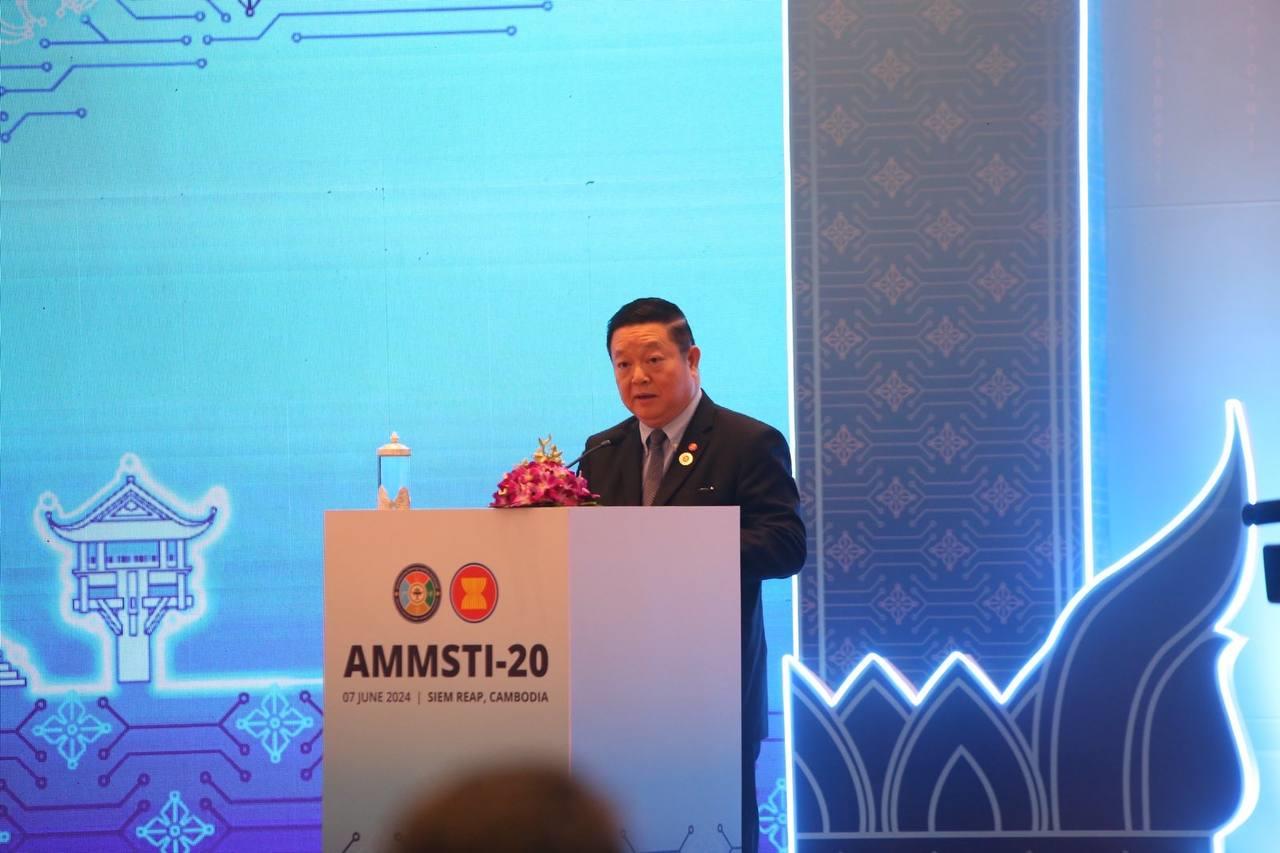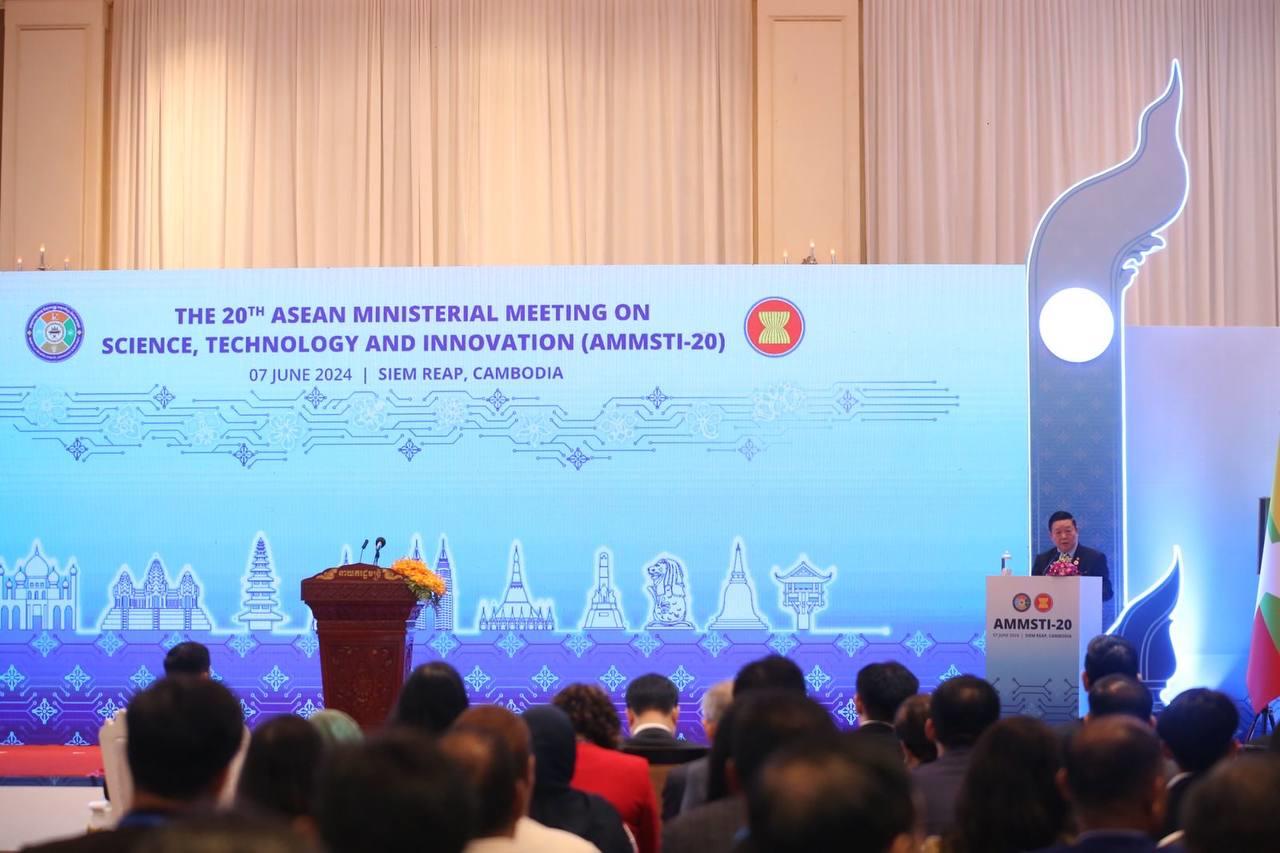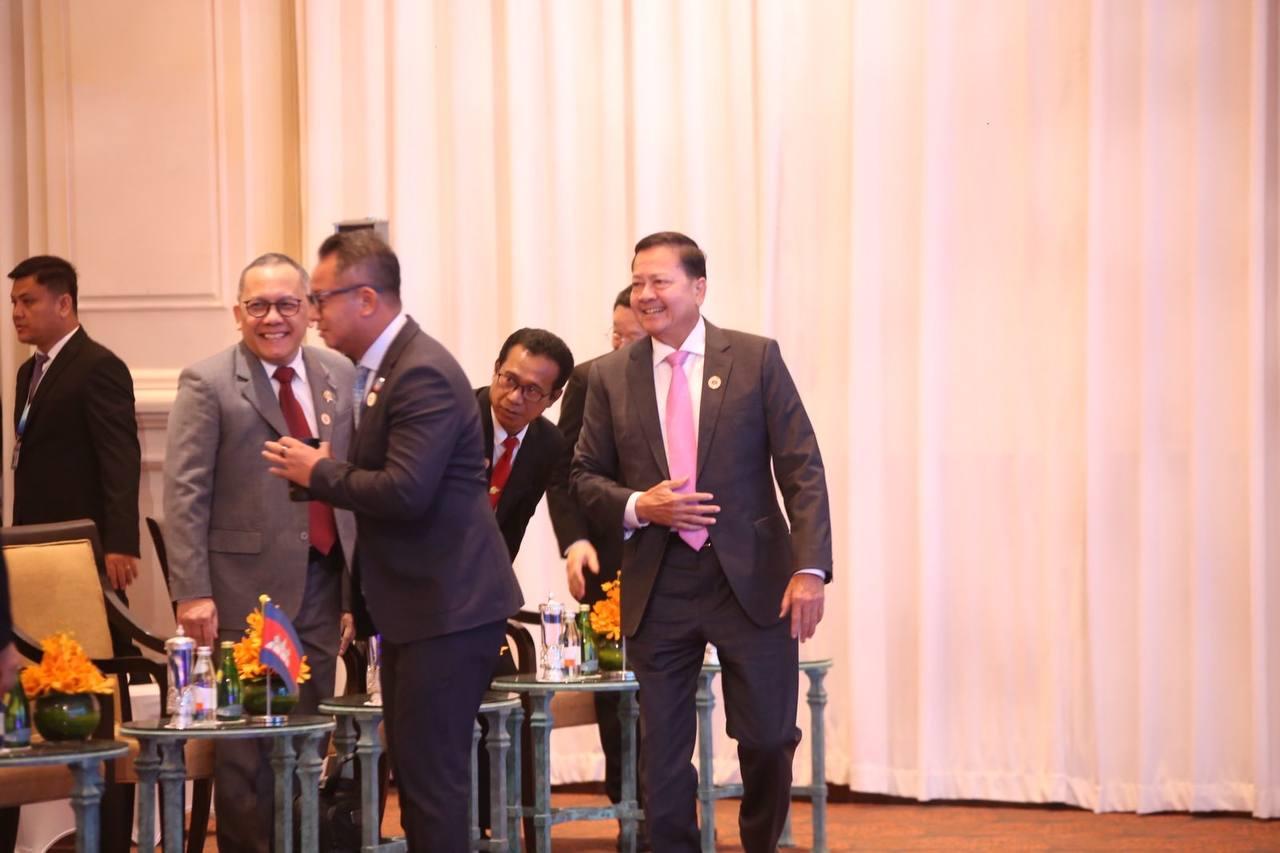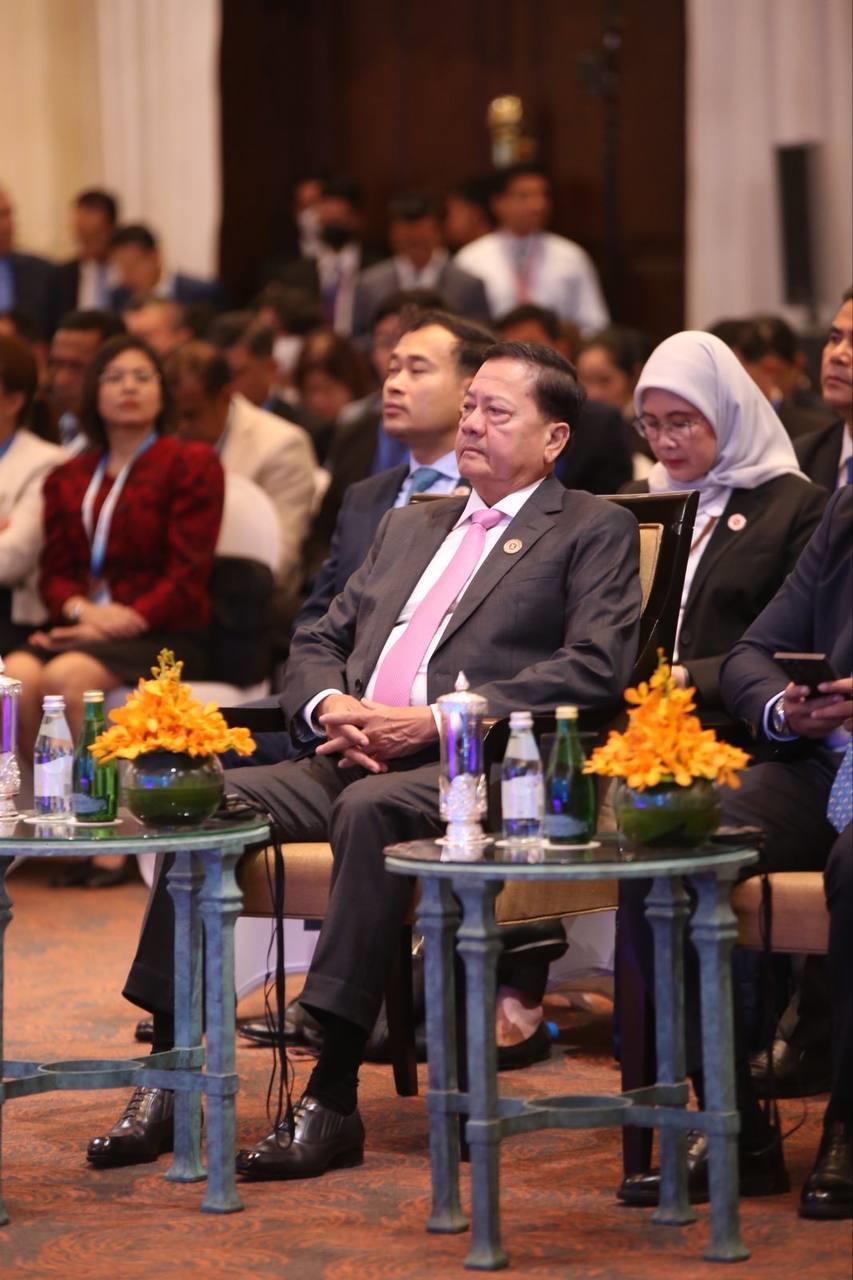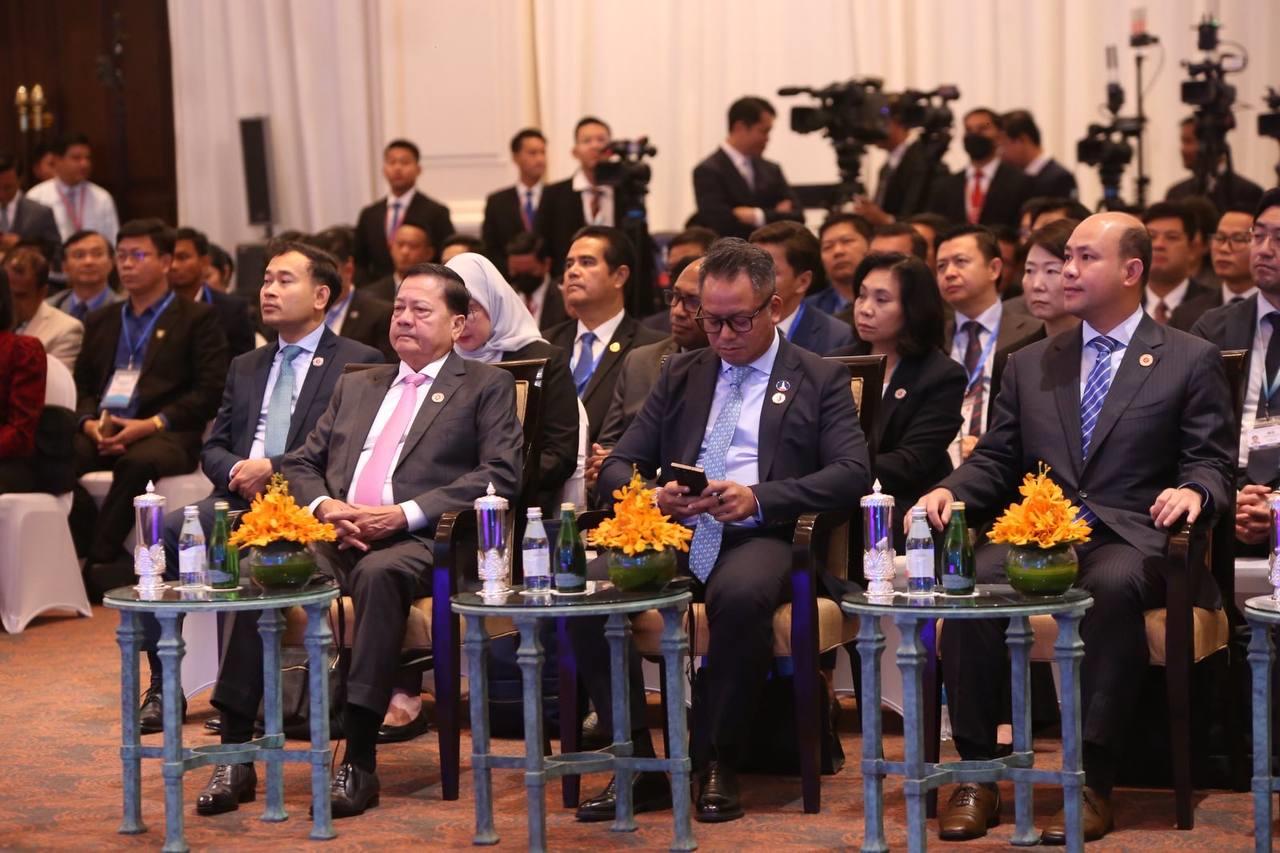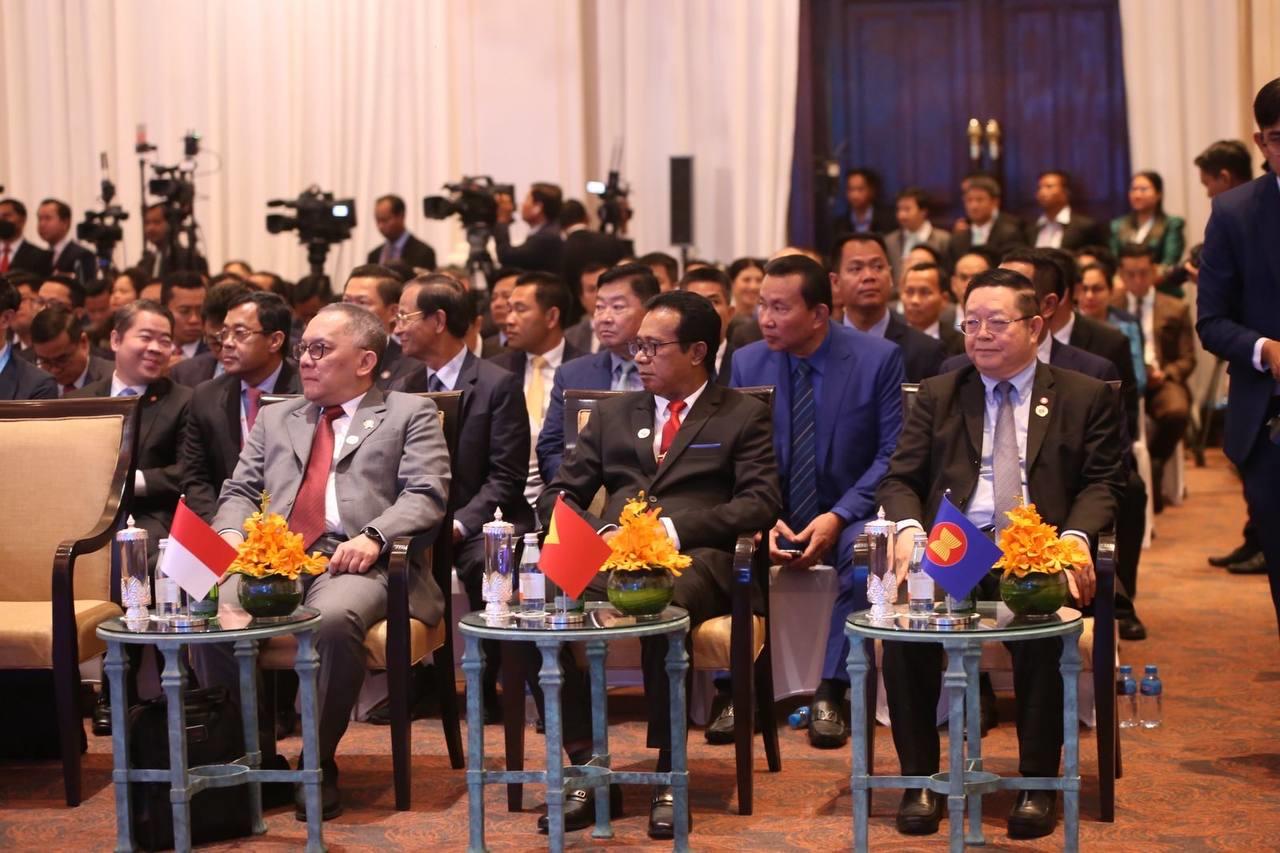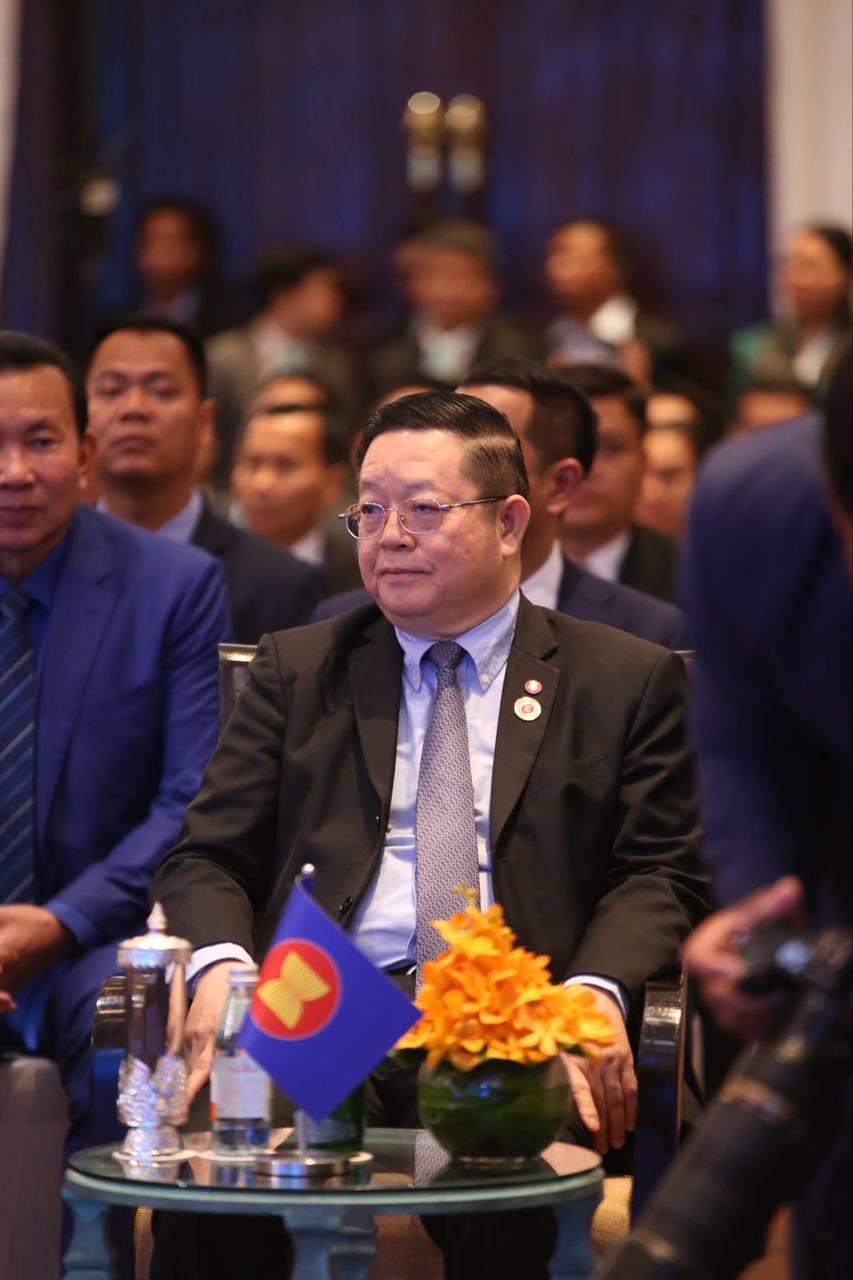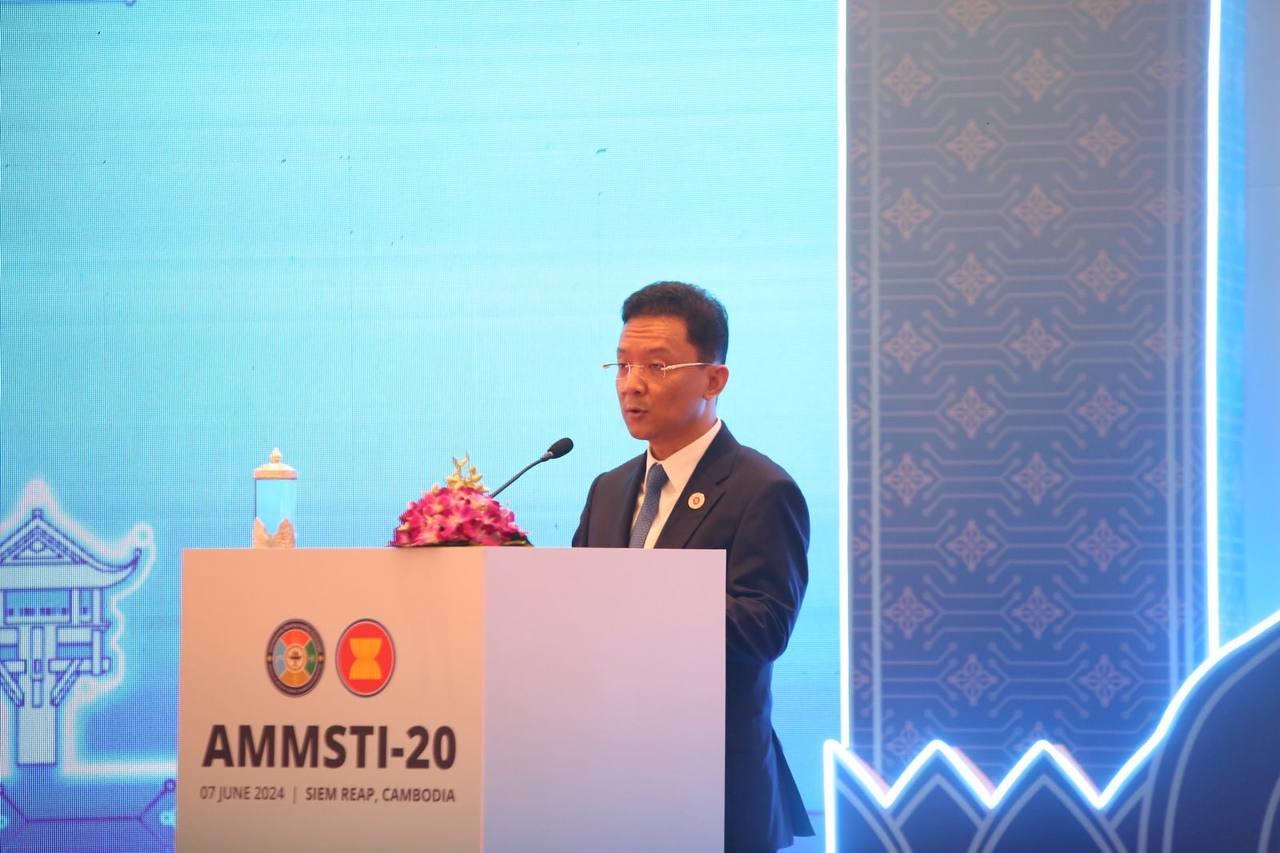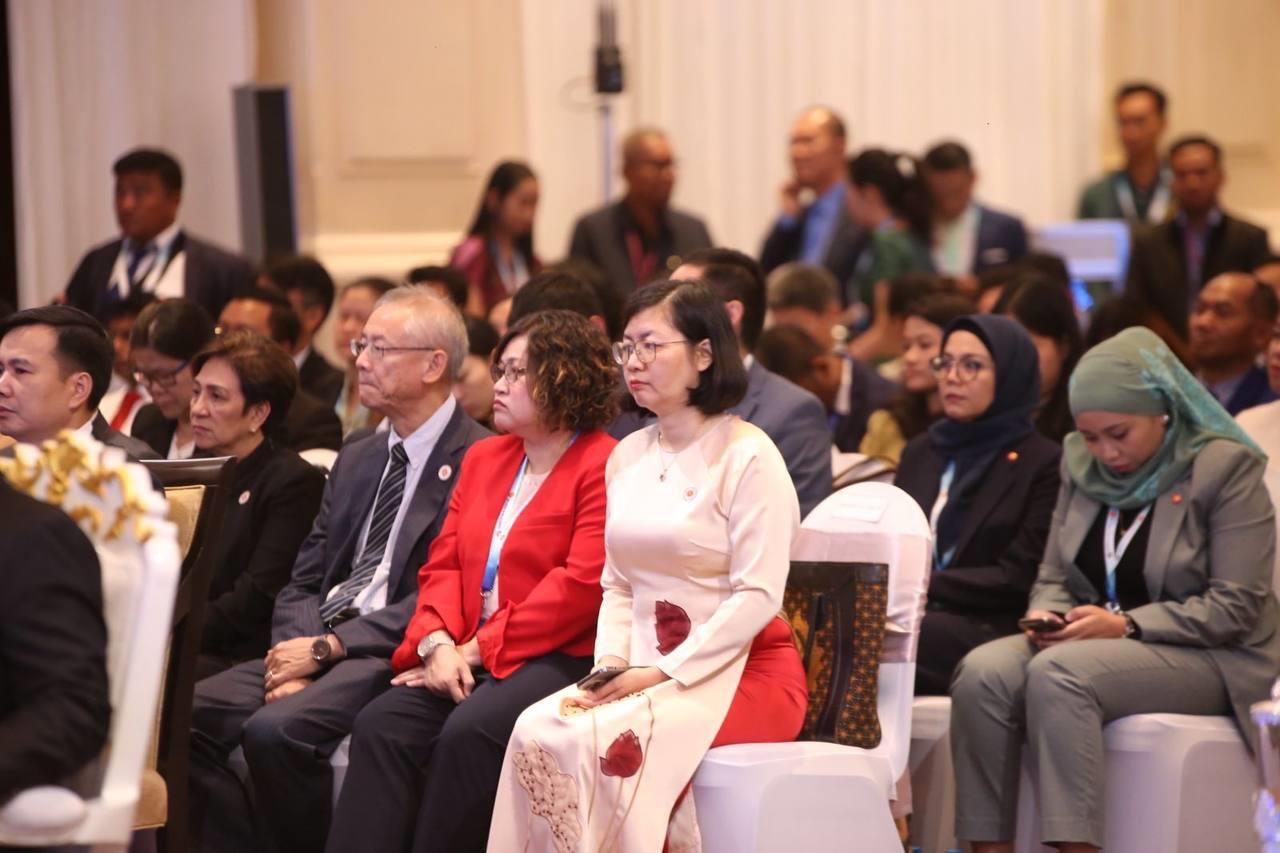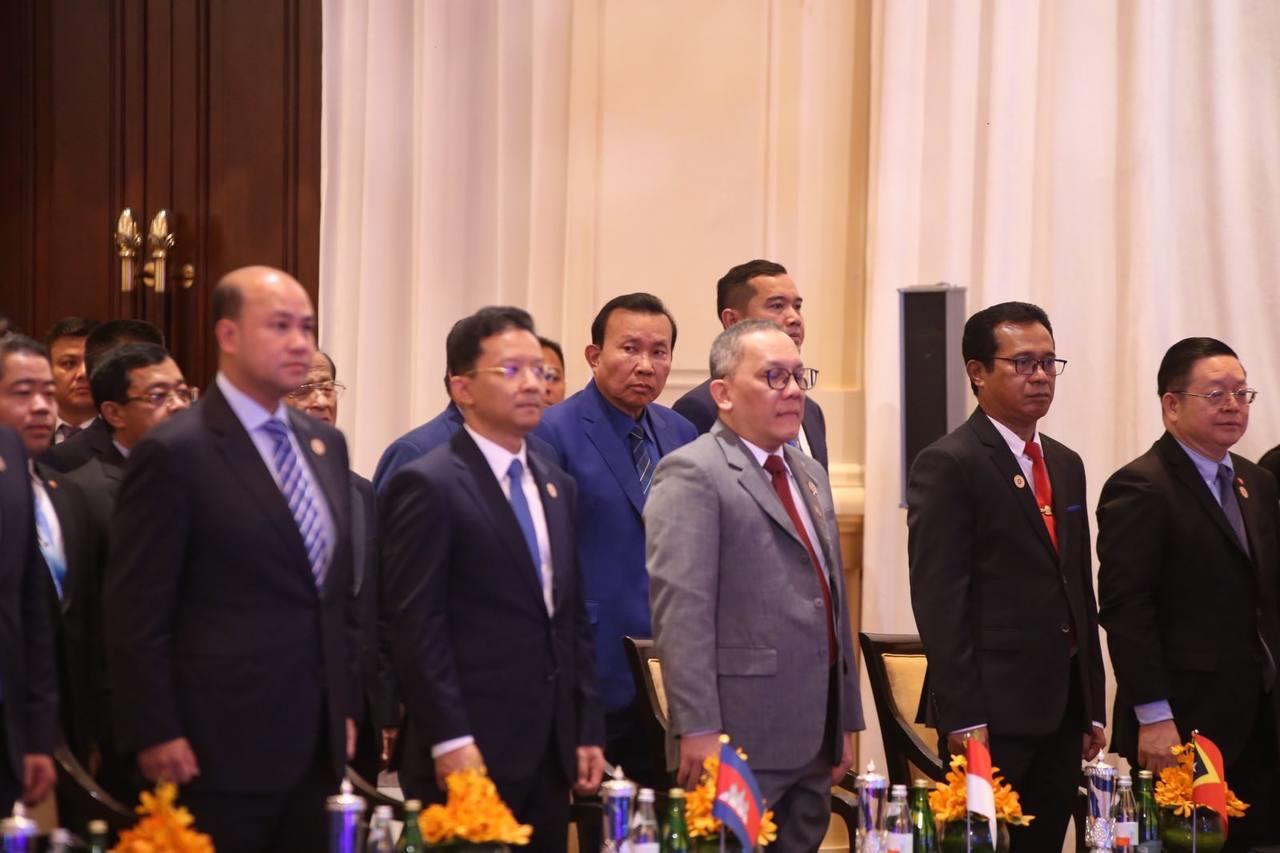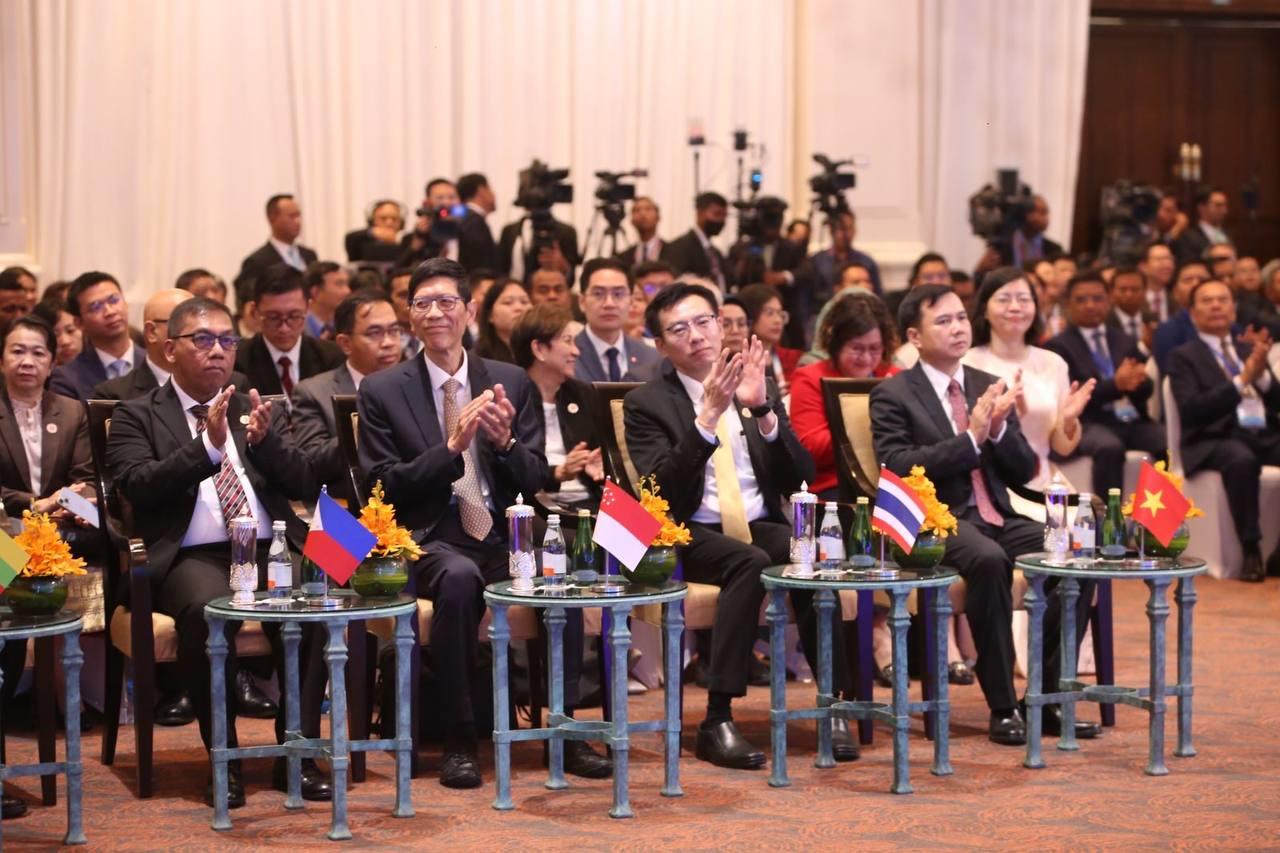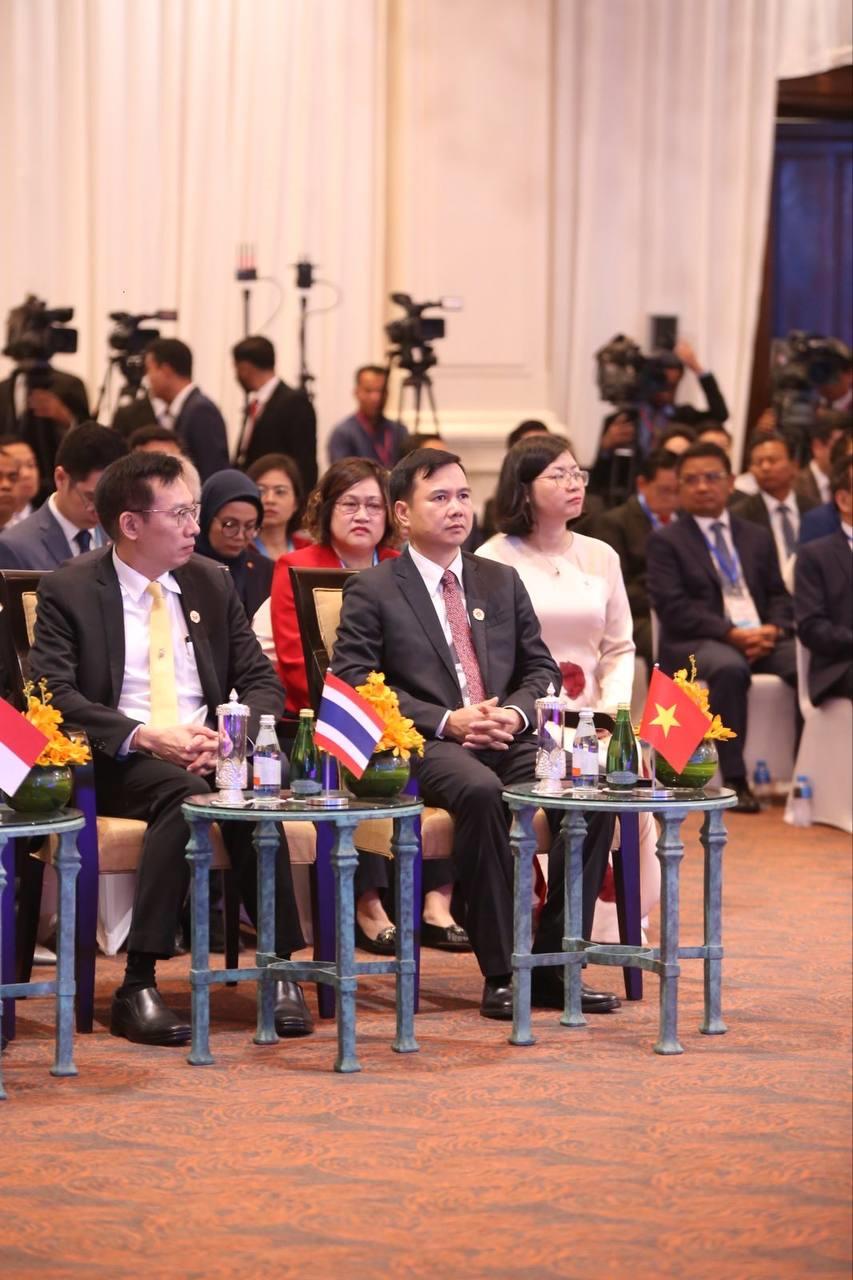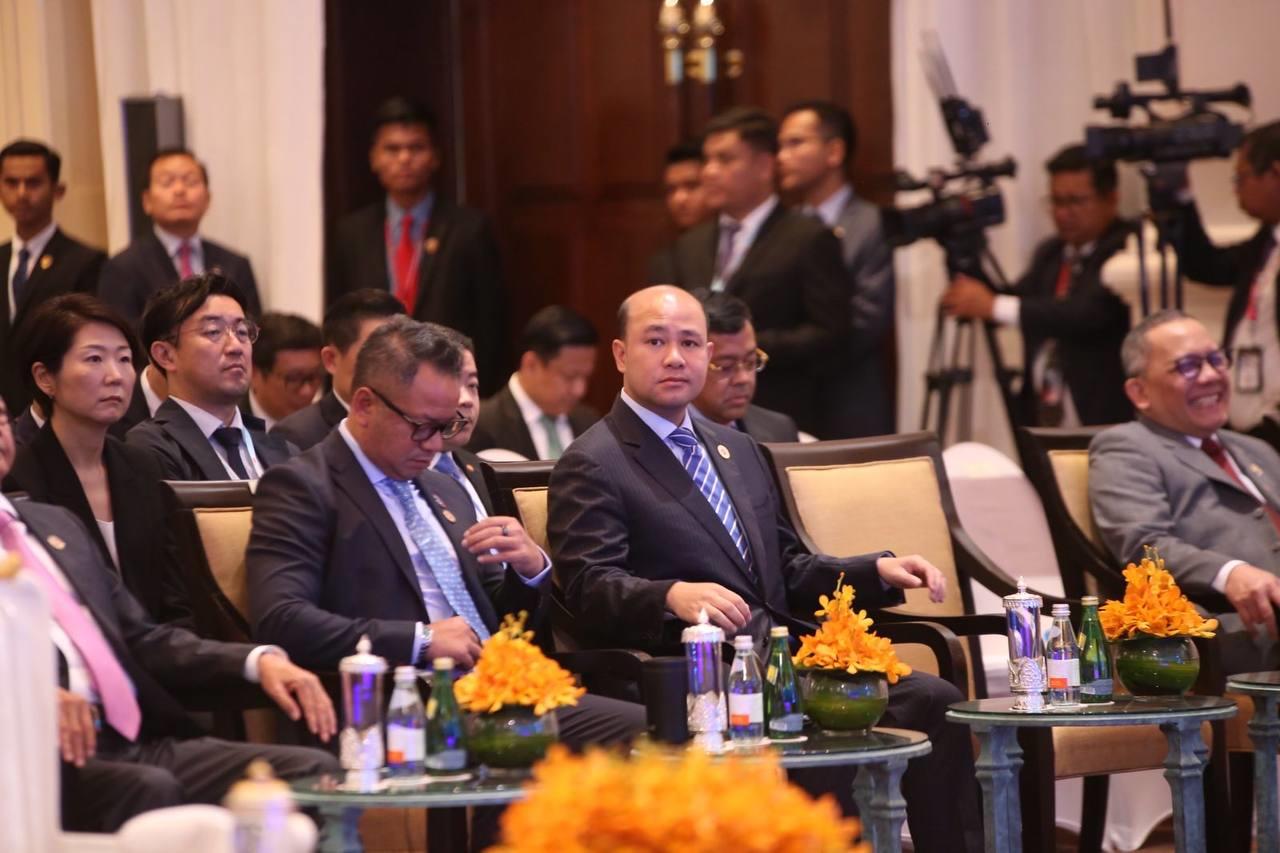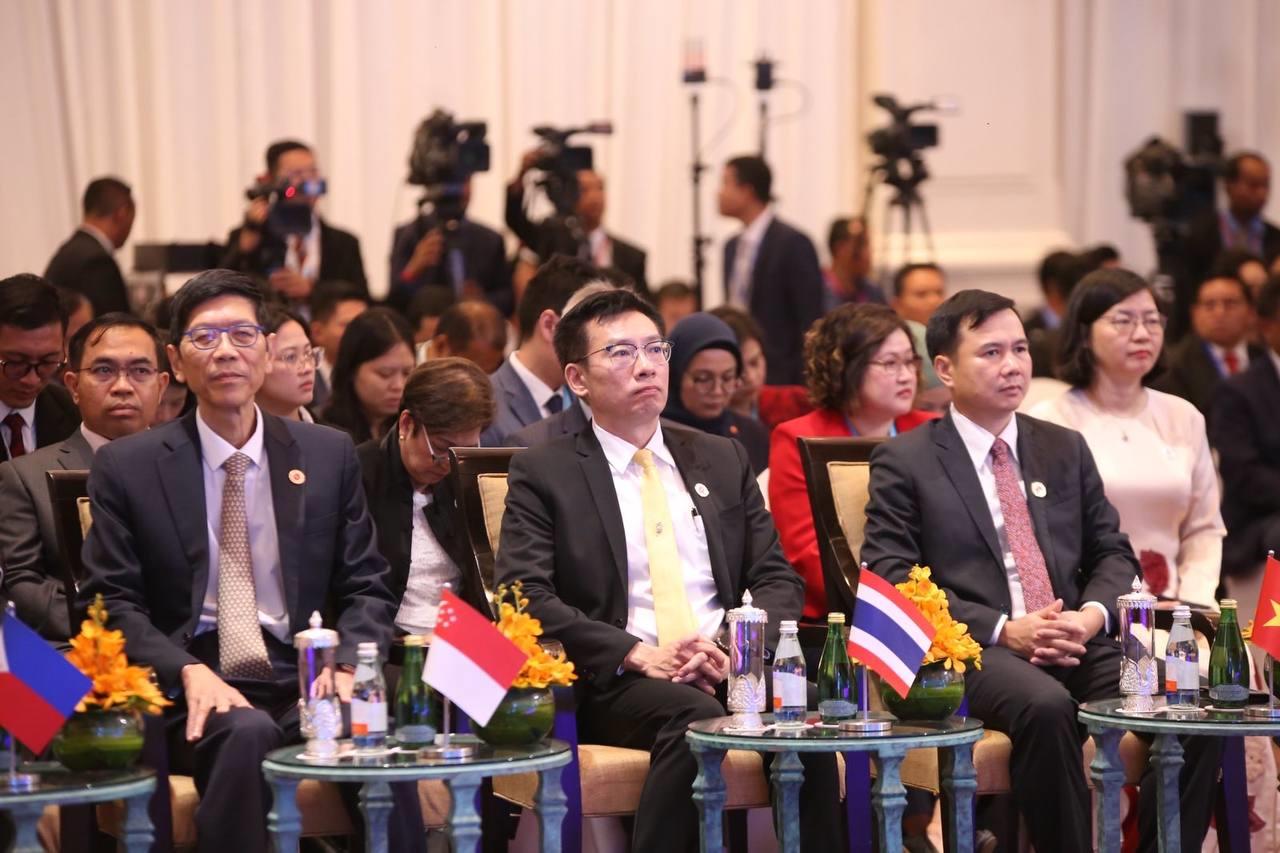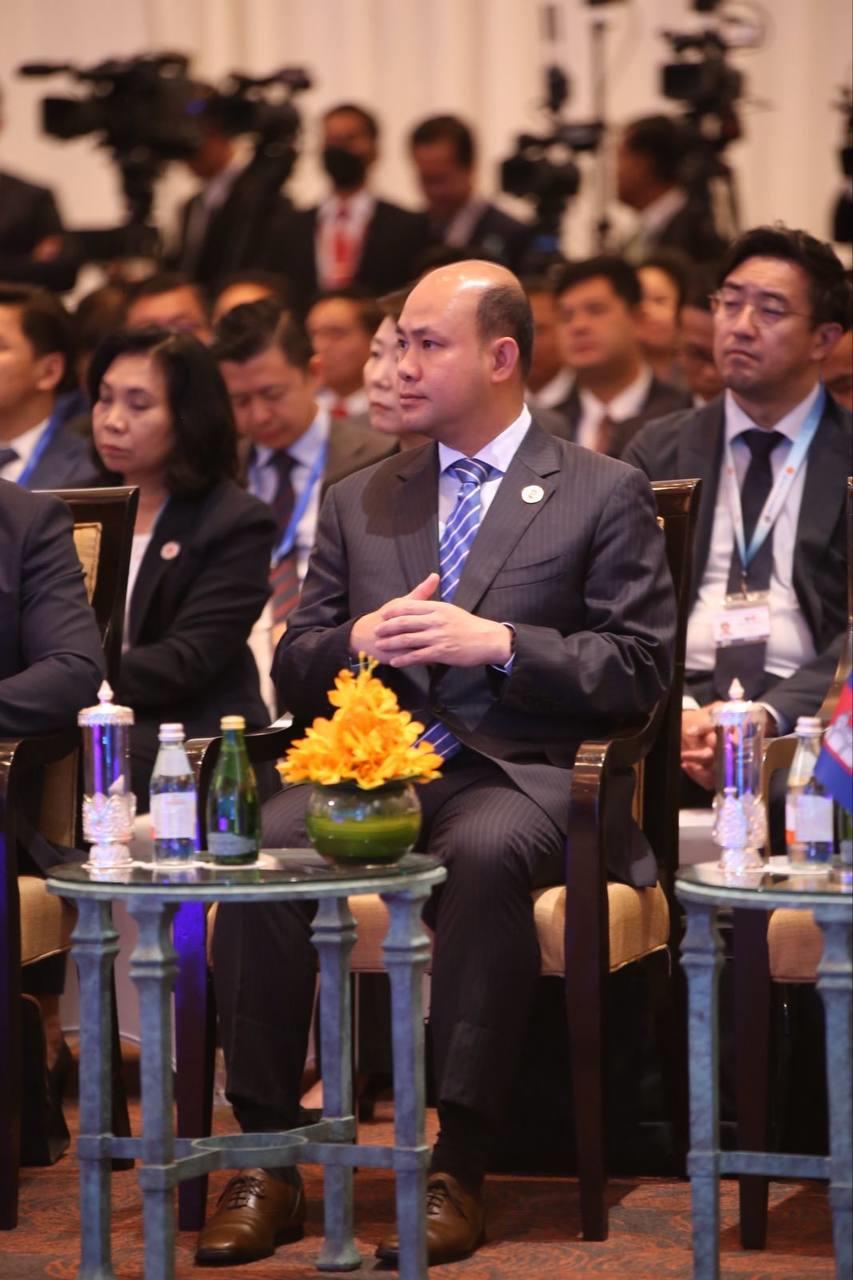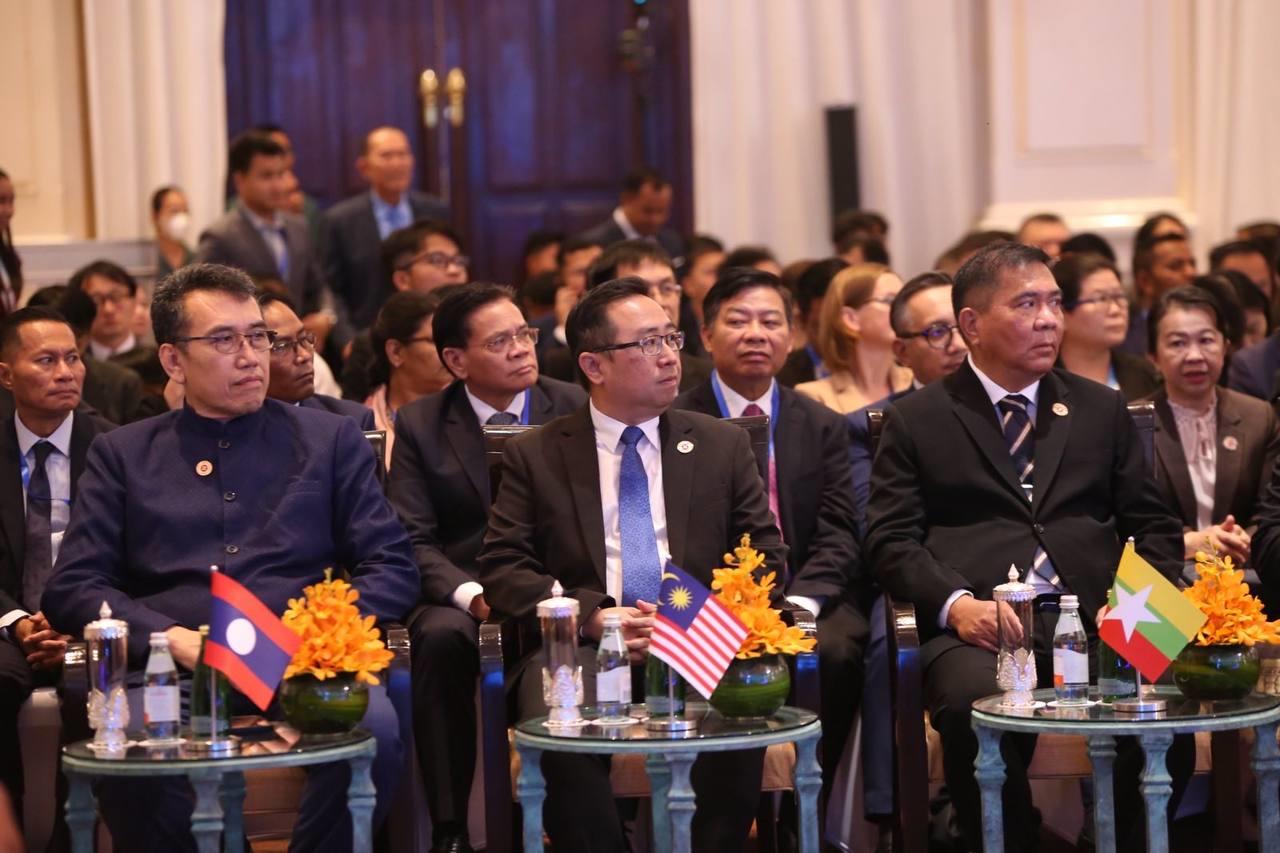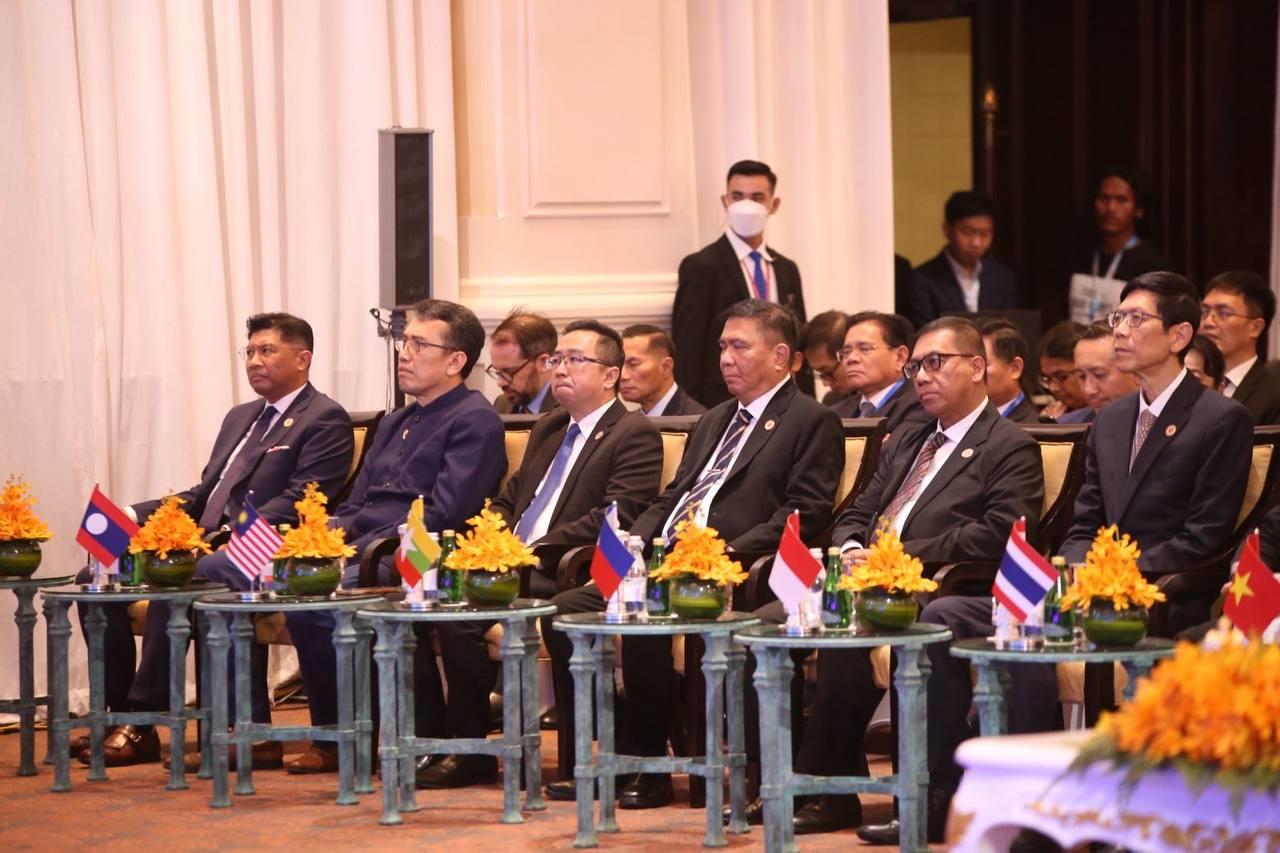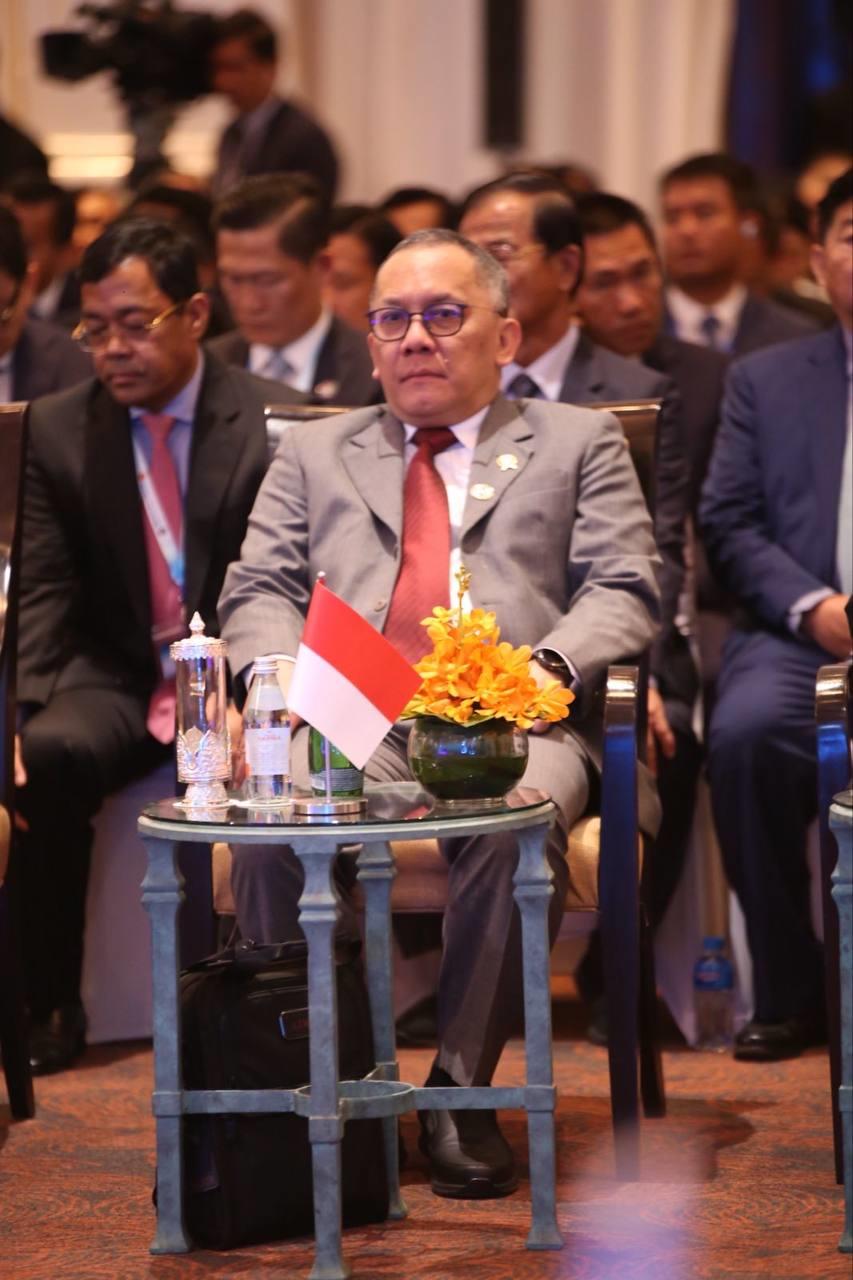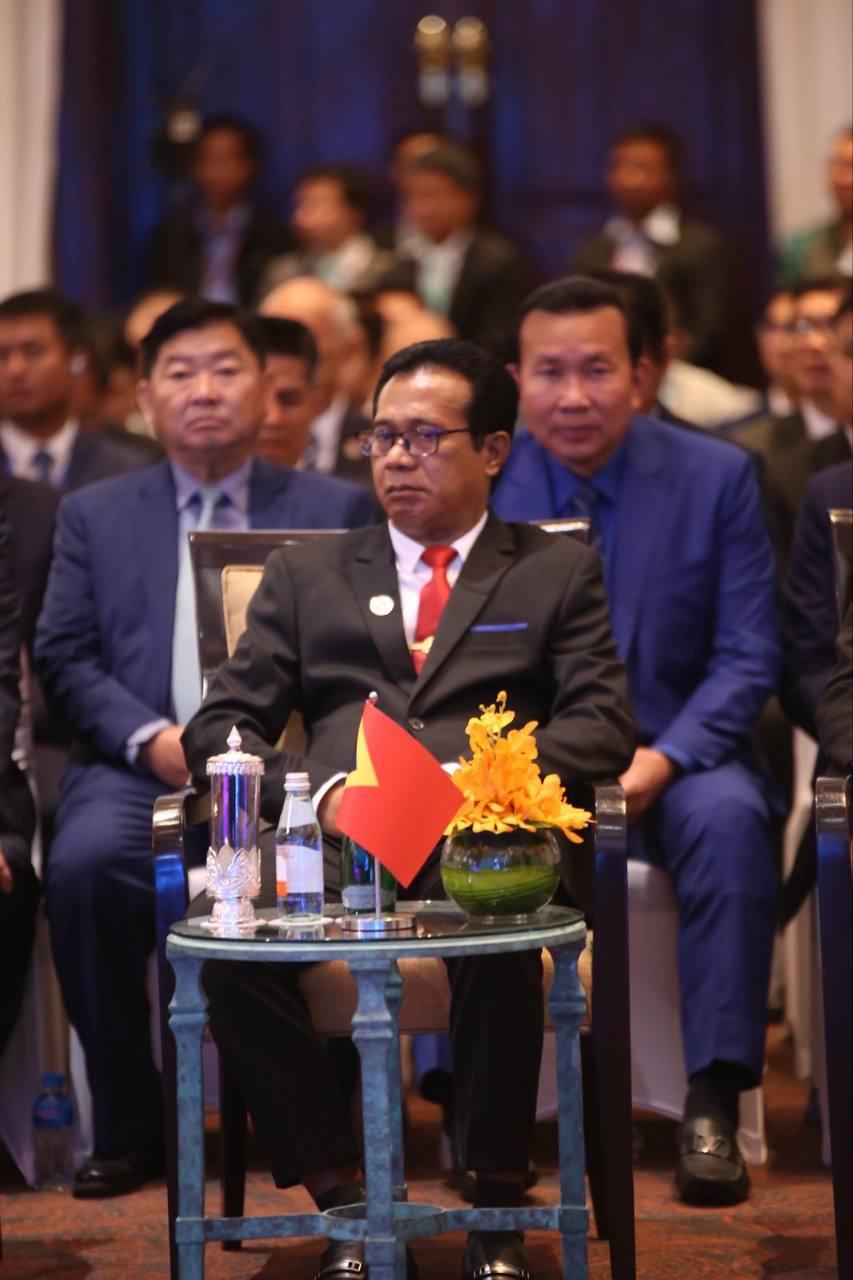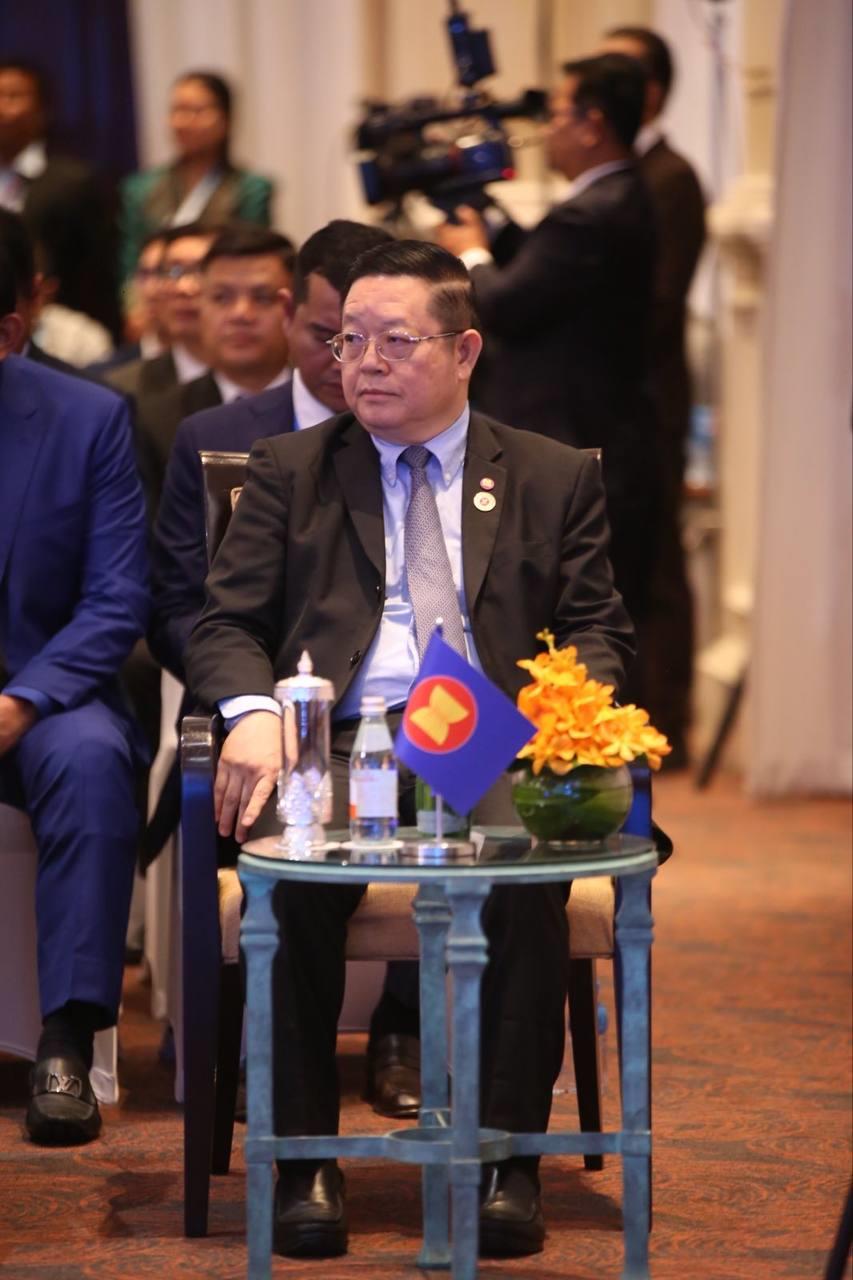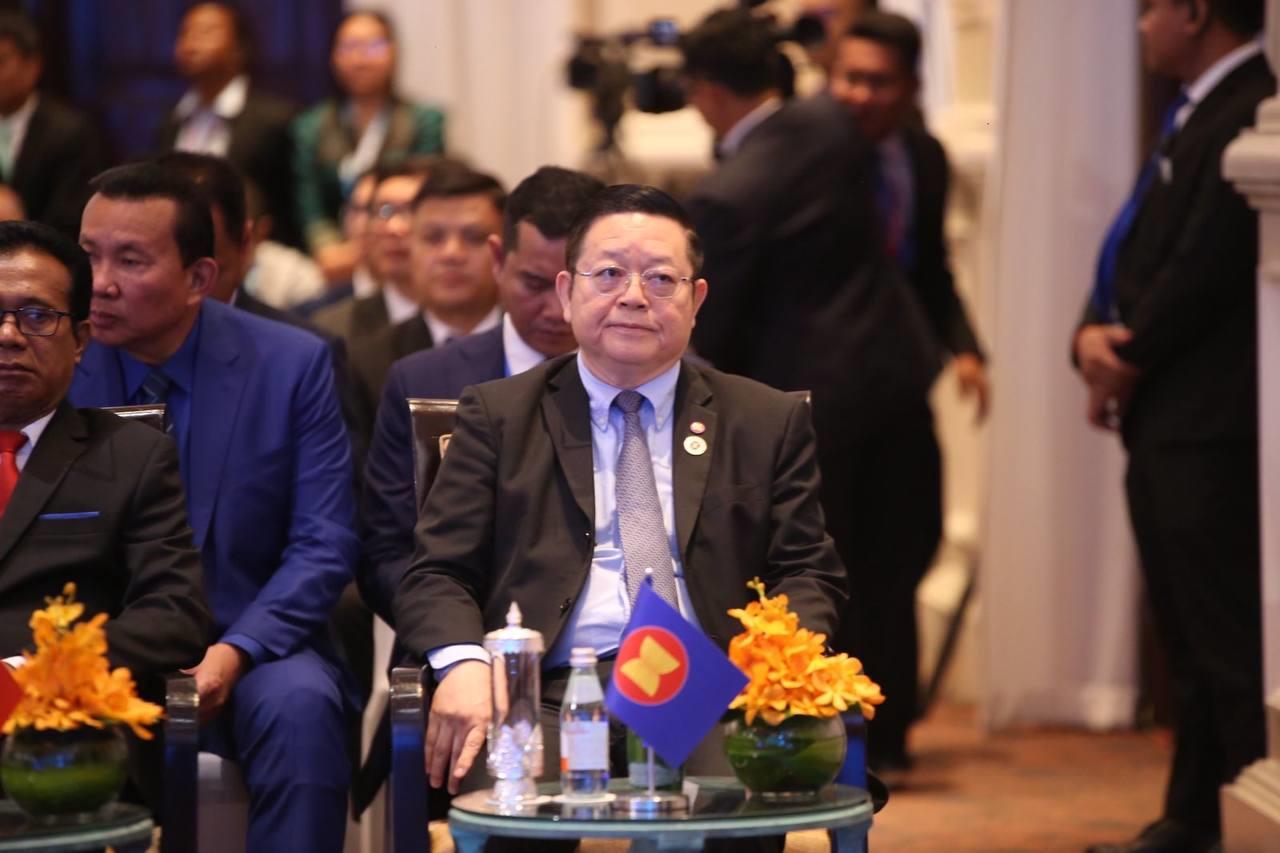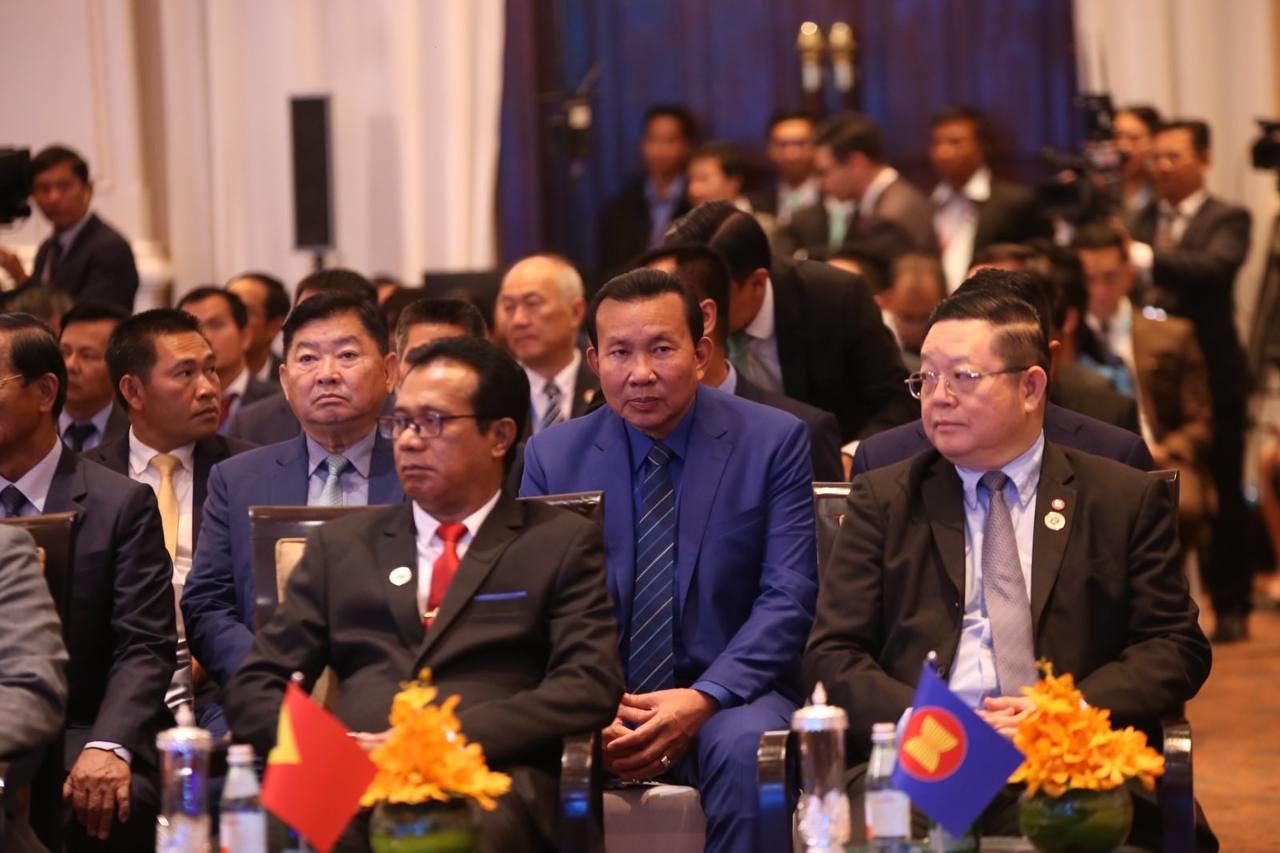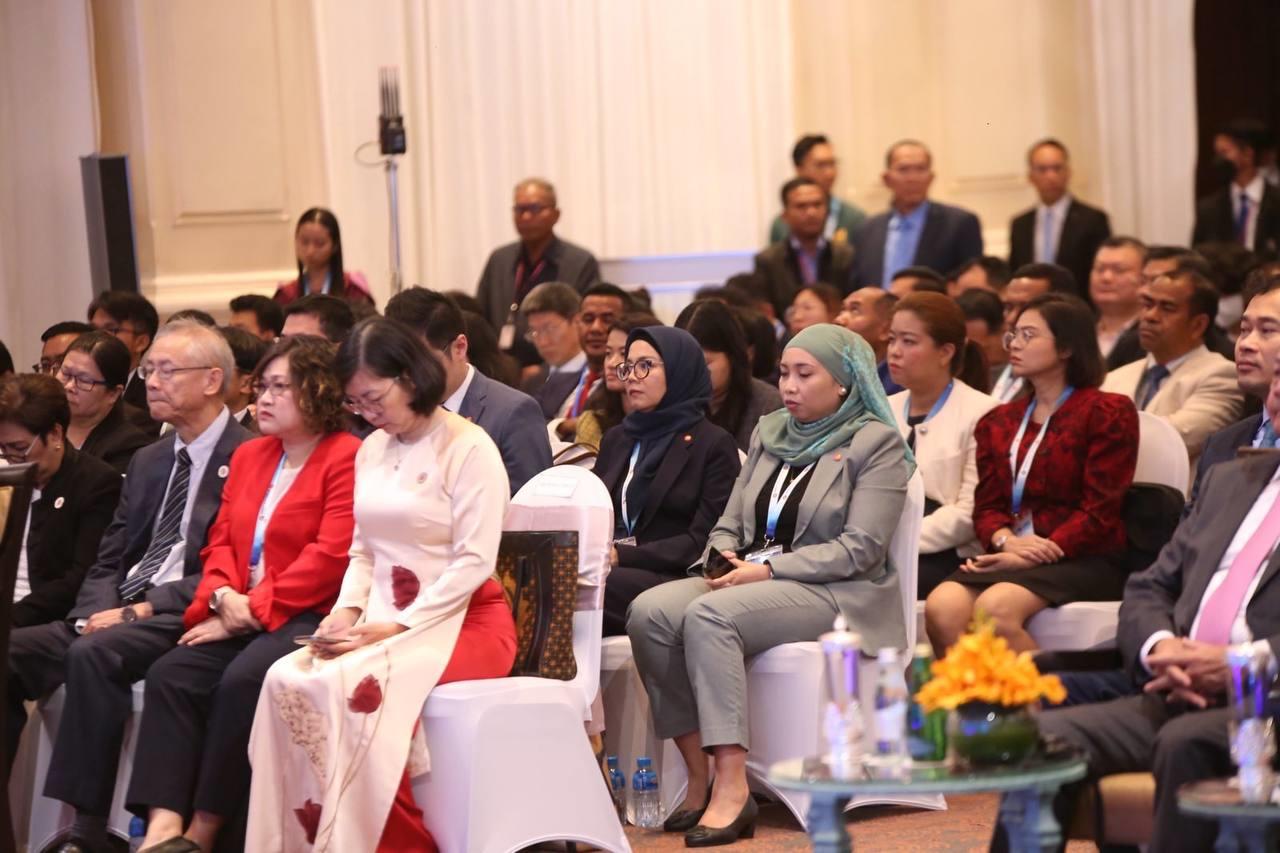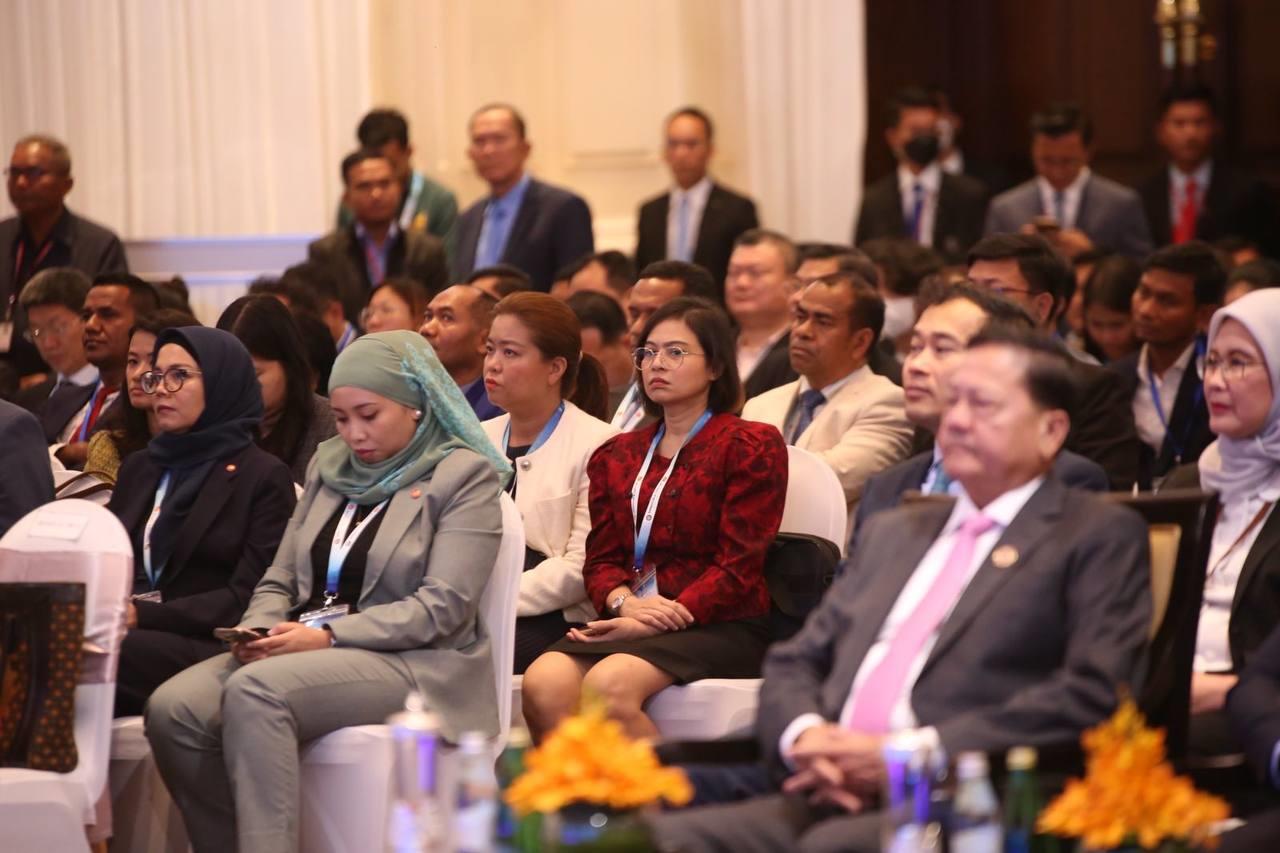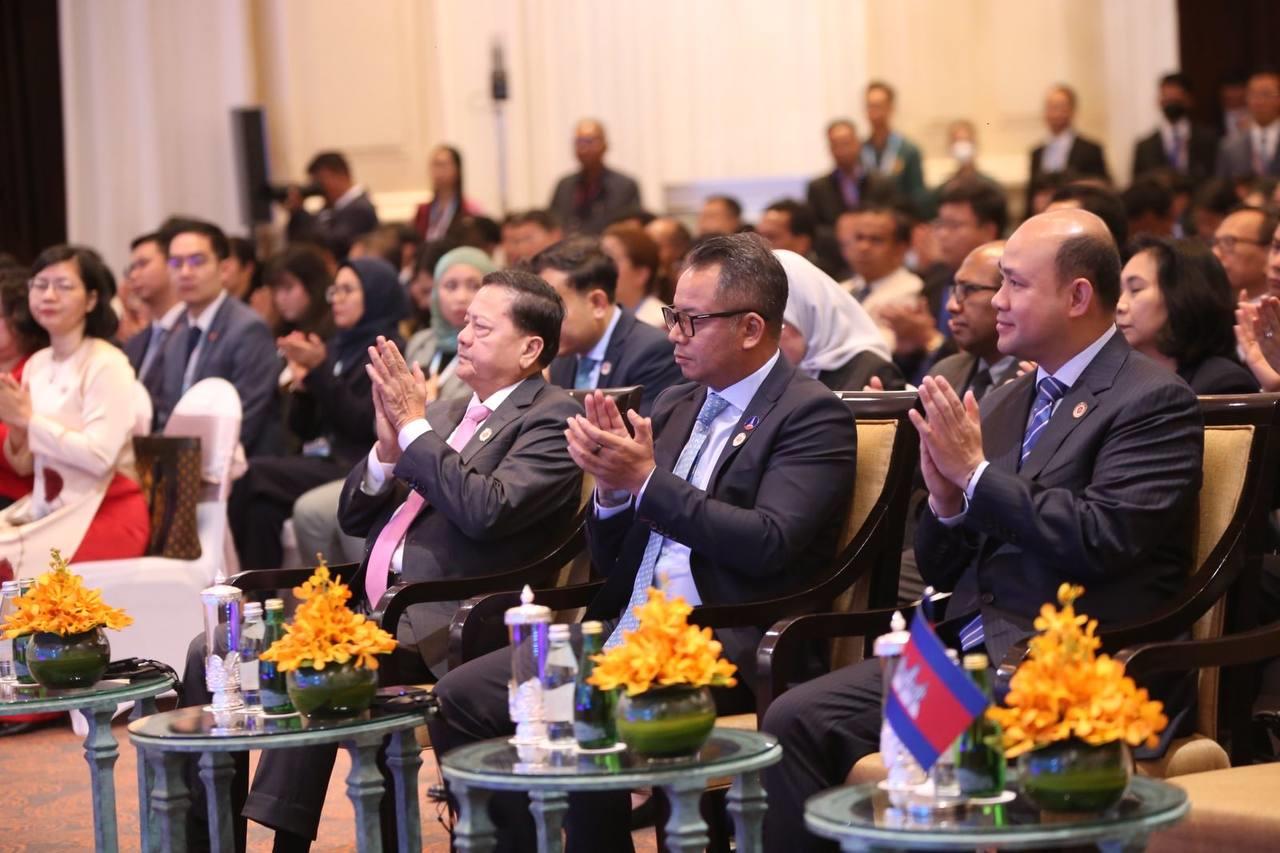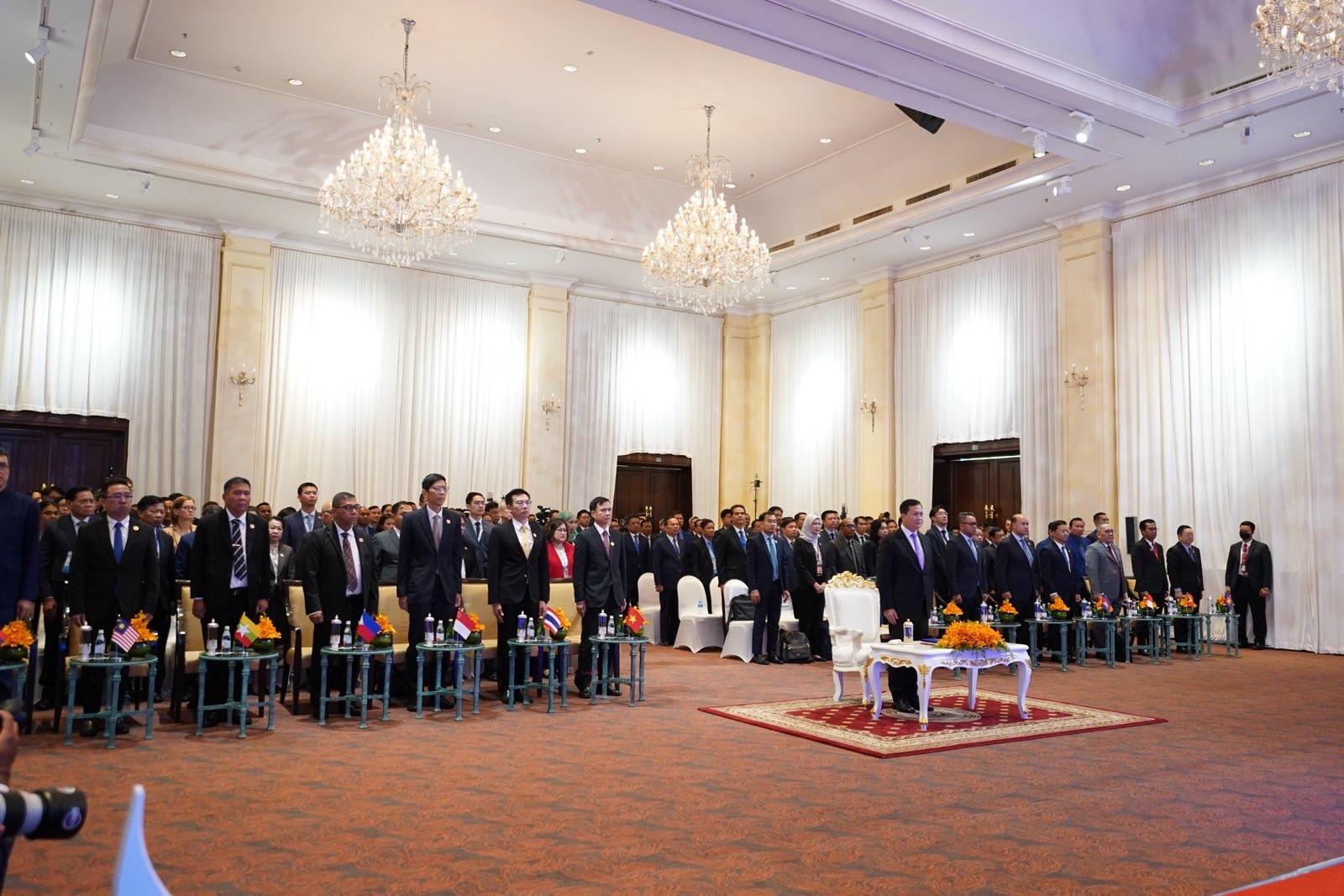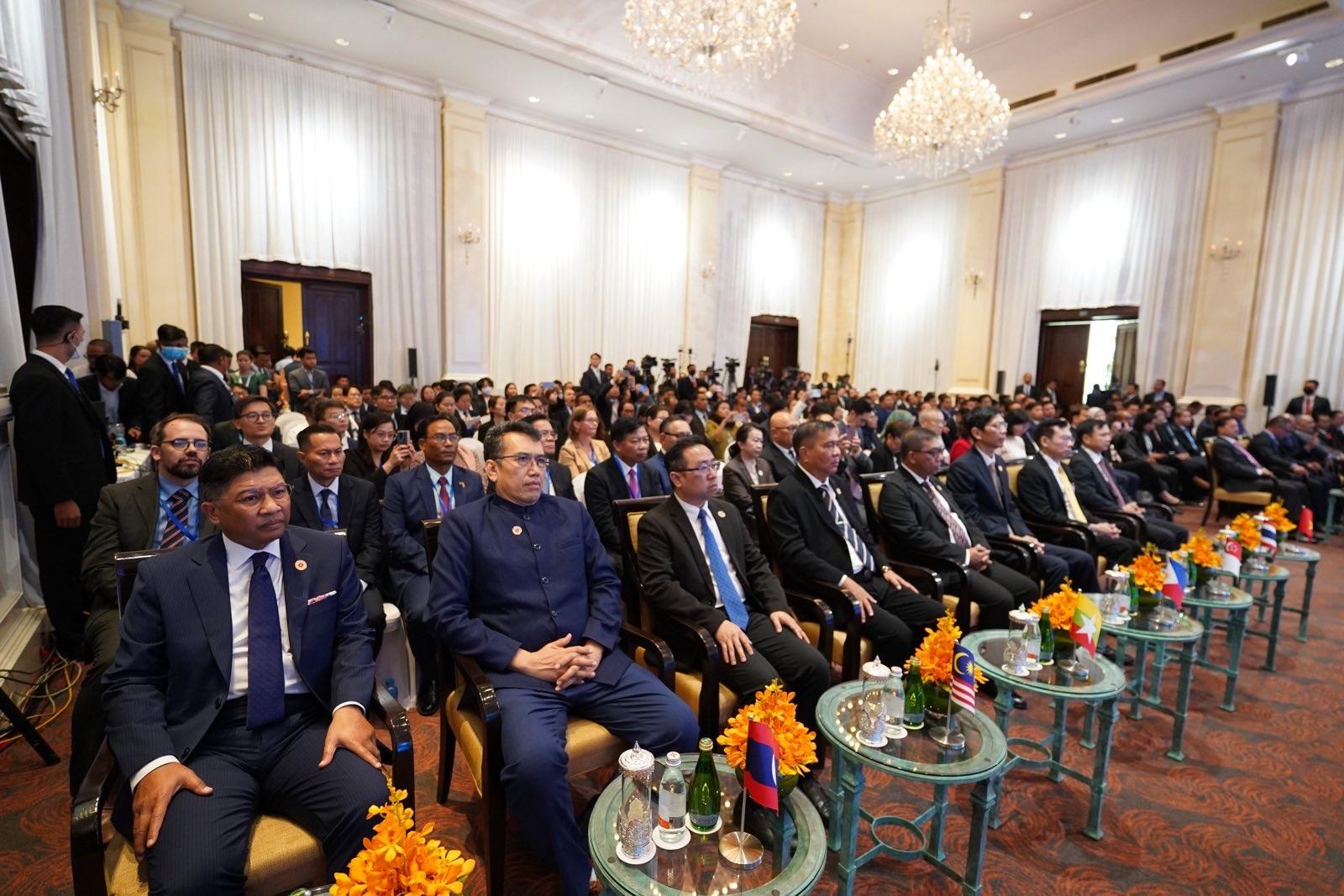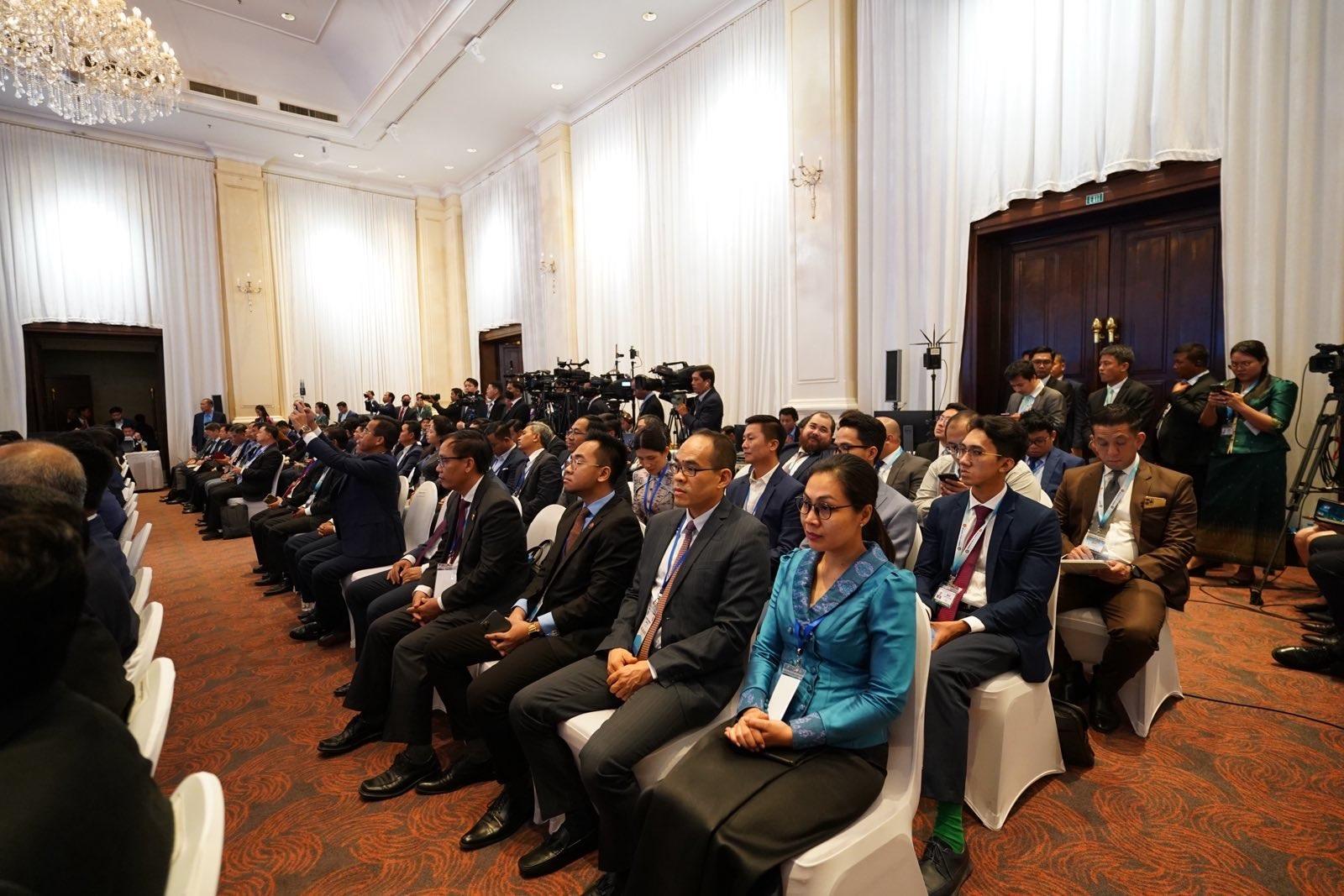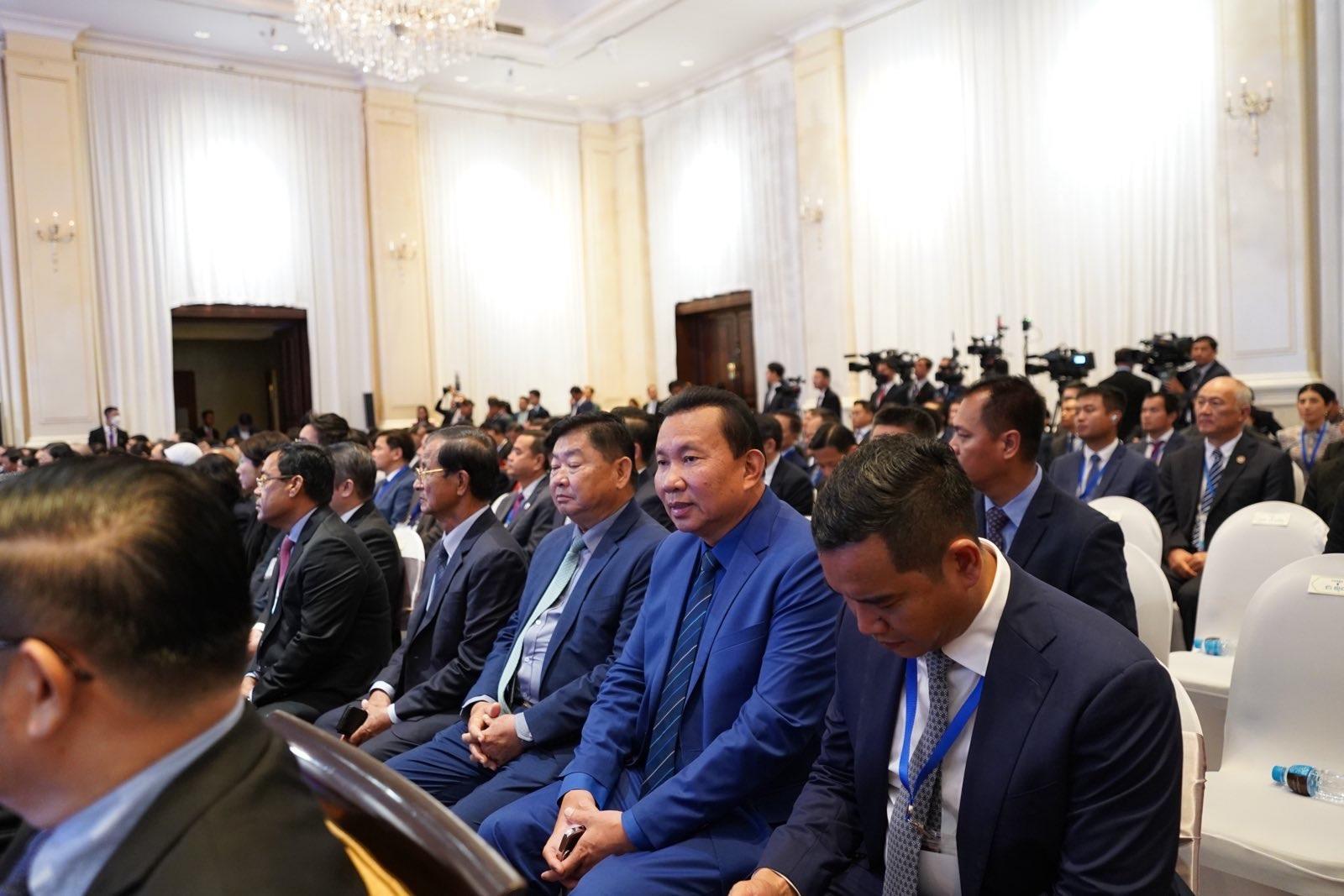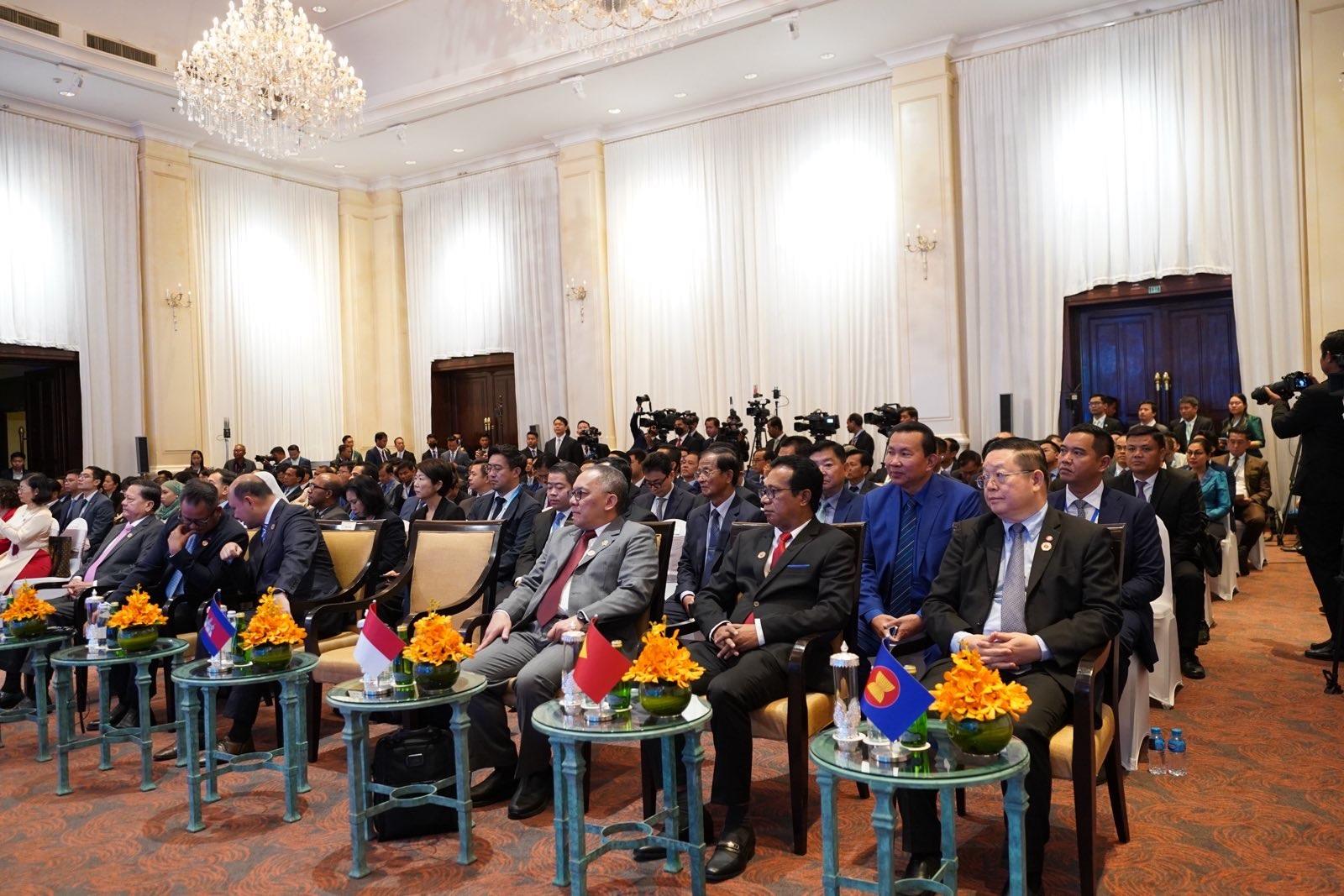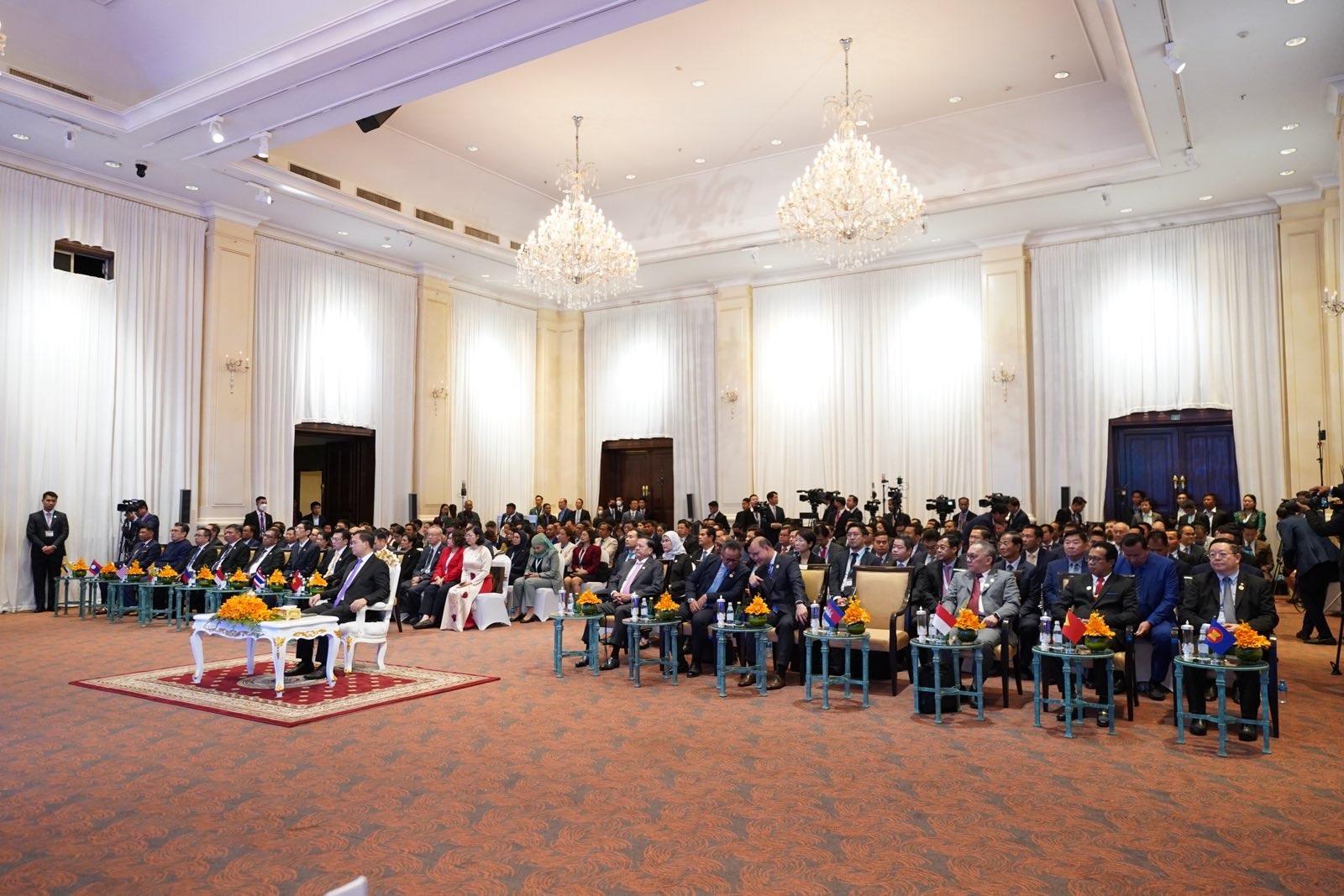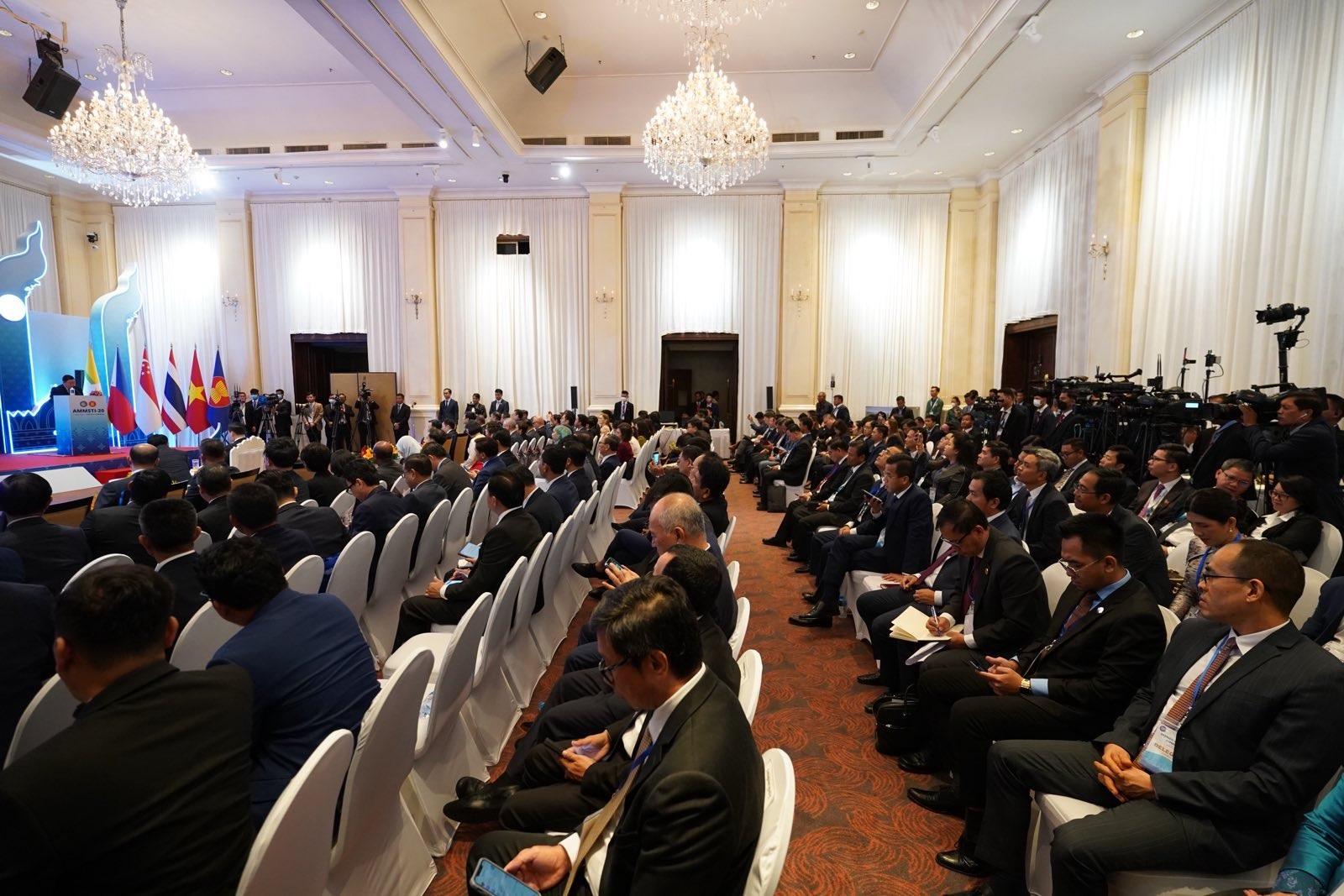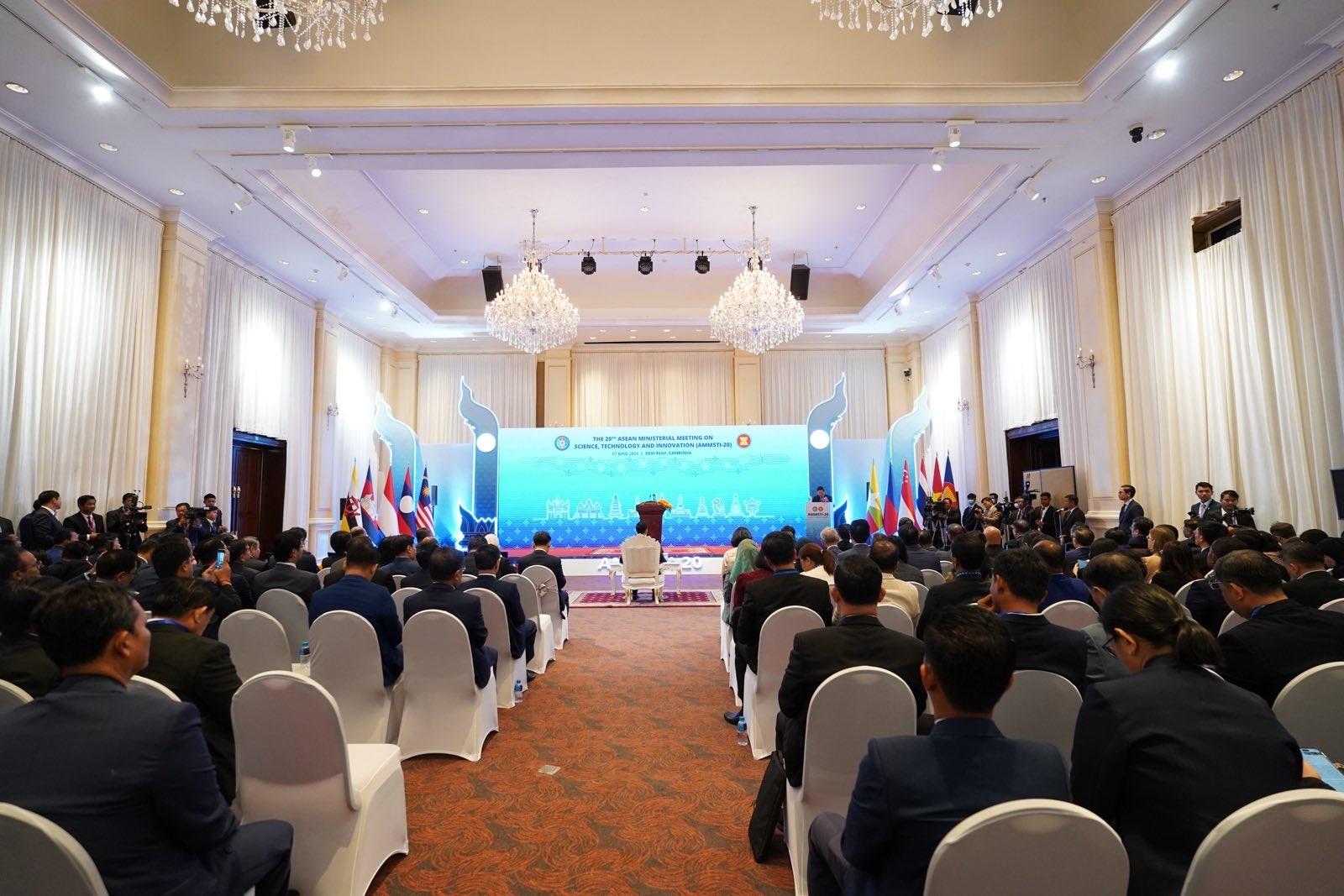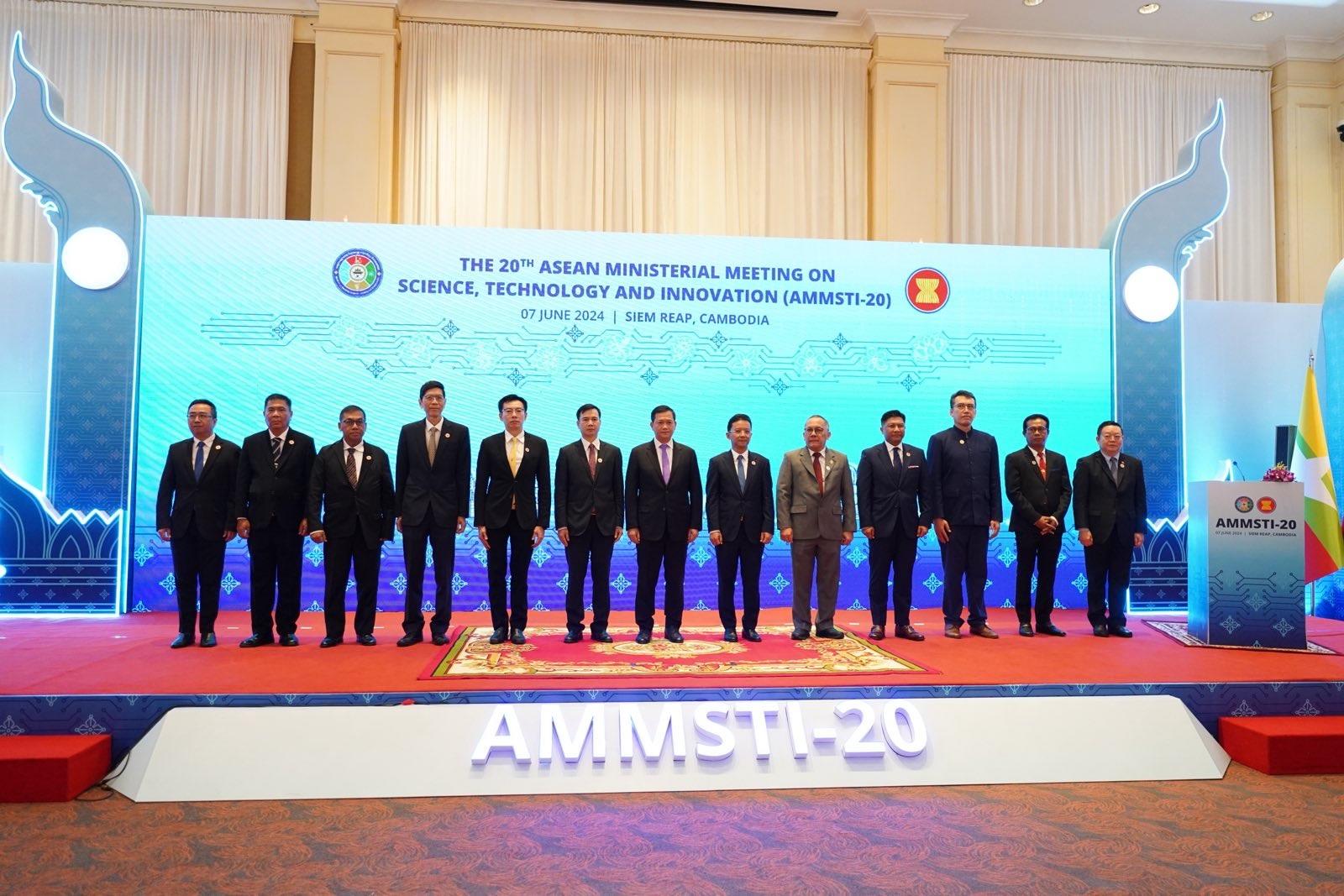Siem Reap (FN), Jun. 7 – Cambodian Prime Minister Hun Manet highlighted two important principles that may help guide ASEAN through the new challenges and opportunities presented by science, technology, and innovation (STI) in general, and AI in particular.
Samdech Thipadei Hun Manet underlined that artificial intelligence is now used in almost every aspect of our lives, including simple tasks like finding information on smartphones. While it offers many opportunities, artificial intelligence also presents significant challenges, including ethical considerations, environmental impact, transparency, equality, data privacy concerns, and the need for skills training.
The premier spoke on Friday (Jun. 7) at the 20th ASEAN Ministerial Meeting on Science, Technology, and Innovation (AMMSTI-20) in Siem Reap.
Samdech Thipadei underscored, "Today, I would like to highlight two key principles that I believe can help guide us through the challenges and new opportunities presented by science, technology, and innovation, especially artificial intelligence."
1. Samdech Thipadei wants to stress on the need for all STI development to be "people- centric". He believes that we hold the right to anticipate technological progress, we too have the responsibility to balance and ensure its net benefit to our humanity. Recent advancements like OpenAl's Sora, a groundbreaking text-to- video model, or Google's Gemini, a powerful large language model with various versions catering to different user needs hold immense potential, but require careful consideration and responsible development. Adoption and application of AI should remain within the bounds of ethical consideration and societal values. The general public has expressed fear and concern that their rights and privacy have been infringed by the powerful capability of Al-induced applications.
Samdech Thipadei continued, without requisite education, skills and continuous engagement, it is nearly impossible now for laymen to differentiate fake news from real one or distinguish artificial generation of graphics from their original ones. In some instance, these developments come at a big cost to the society and government. They put public sentiment and opinion in fragility and could even cause social division, confusion and instability that may hamper social harmony and hard-won peace. Concerns about possible job loss and other challenges have also surfaced among the public. Adopting a human-centered approach to the use of AI is of the utmost importance and represents a major shift for policymakers, researchers and private entities. The introduction of Al requires in tandem the development of regulatory frameworks to support its progress by integrating contributions from all relevant stakeholders.
2. Samdech Thipadei mentioned the importance of the principles of "multilateralism". Multilateralism is an effective way to deal with new emerging technologies to ensure that they serve humanity and not the other way around. Multilateralism is important for enhancing efficiency through joint researches, exchanges, joint use of resources, and for creating harmony through shaping frameworks, common platforms and agenda for shared development and progress.
The premier added that, indeed, countries need to compete very hard in acquiring cutting-edge technologies but we also need to ensure that we can still create space for cooperation within our healthy competition. "Decoupling" and "fragmentation" should not become the rules as we run the risk of depleting our limited resources in trying to catch up with different formats and different standards for the same type of technologies.
On the occasion, Samdech Thipadei believed that ASEAN, which has a long history of multilateral cooperation in STI, should advocate more vocally on the need to adhere to the principle of multilateralism to shape the future of new technologies. The ASEAN STI ecosystem relies heavily on multilateral principles underpinned by stability, peace, equity, sustainability and inclusiveness.
Prime Minister Hun Manet was encouraged by the progress made under the ASEAN Action Plan on STI 2016-2025 (APASTI 2016-2025).
=FRESH NEWS
